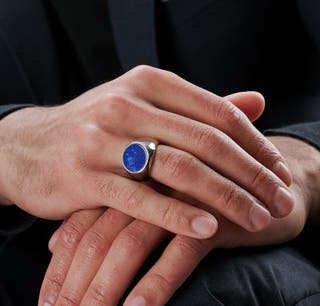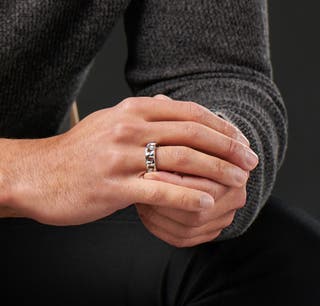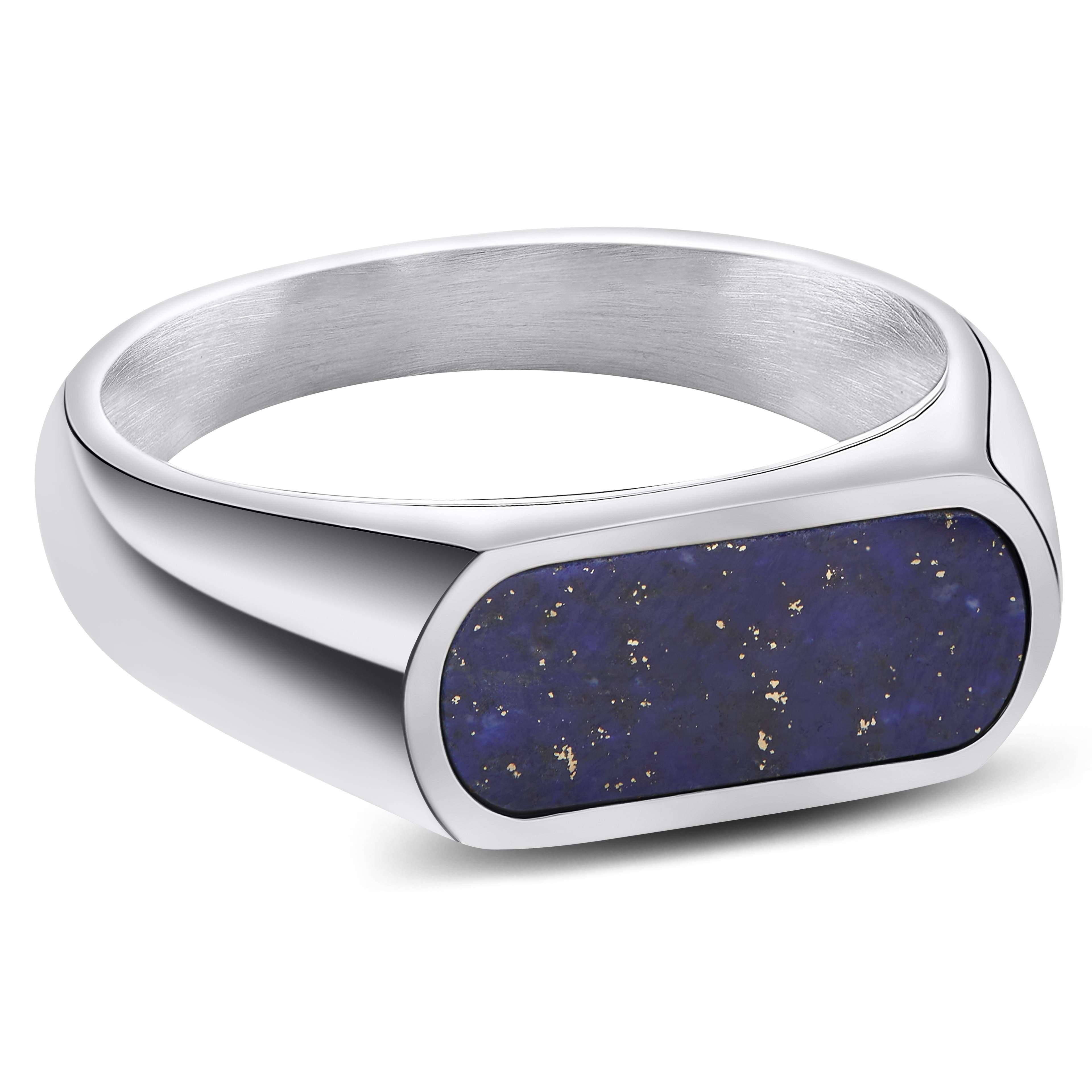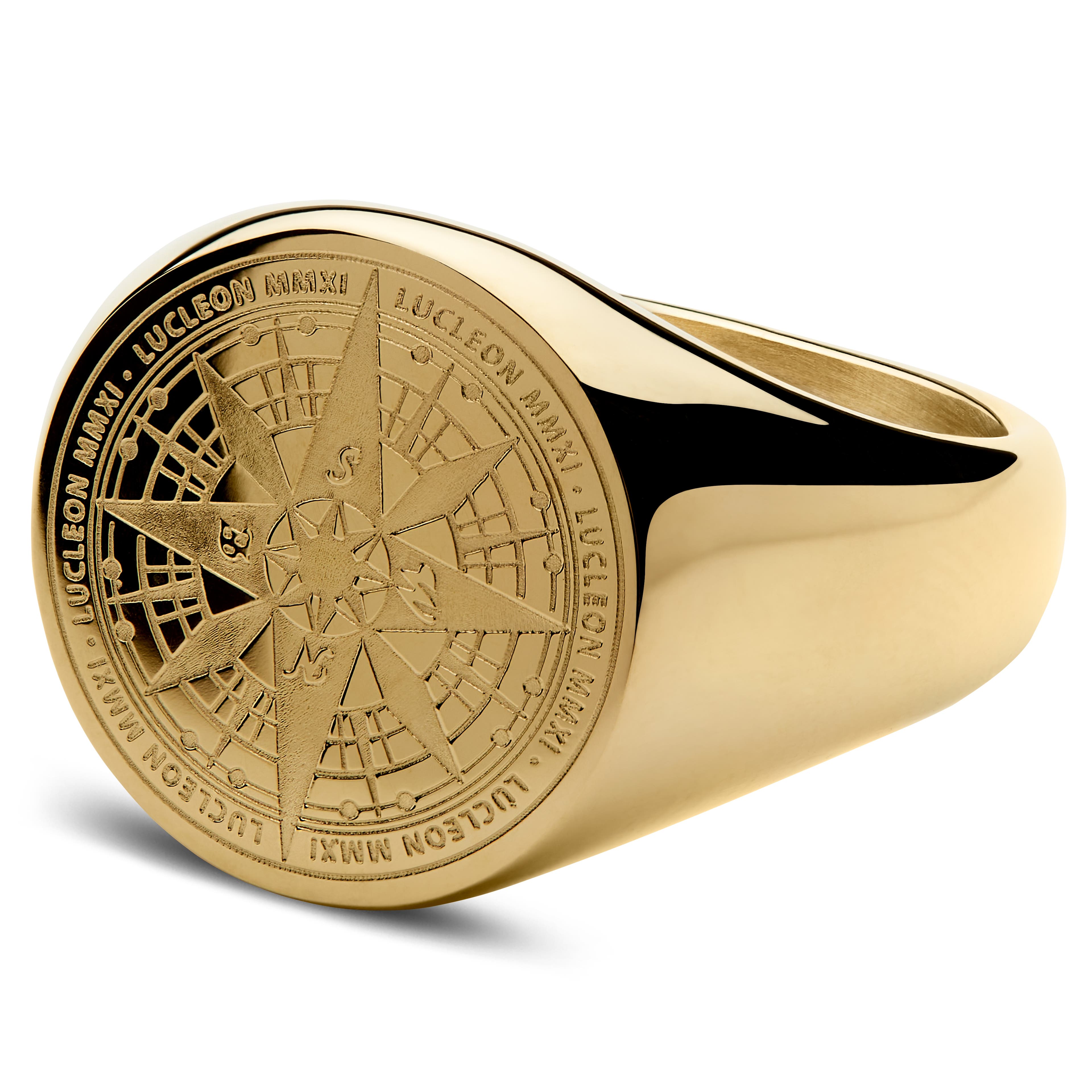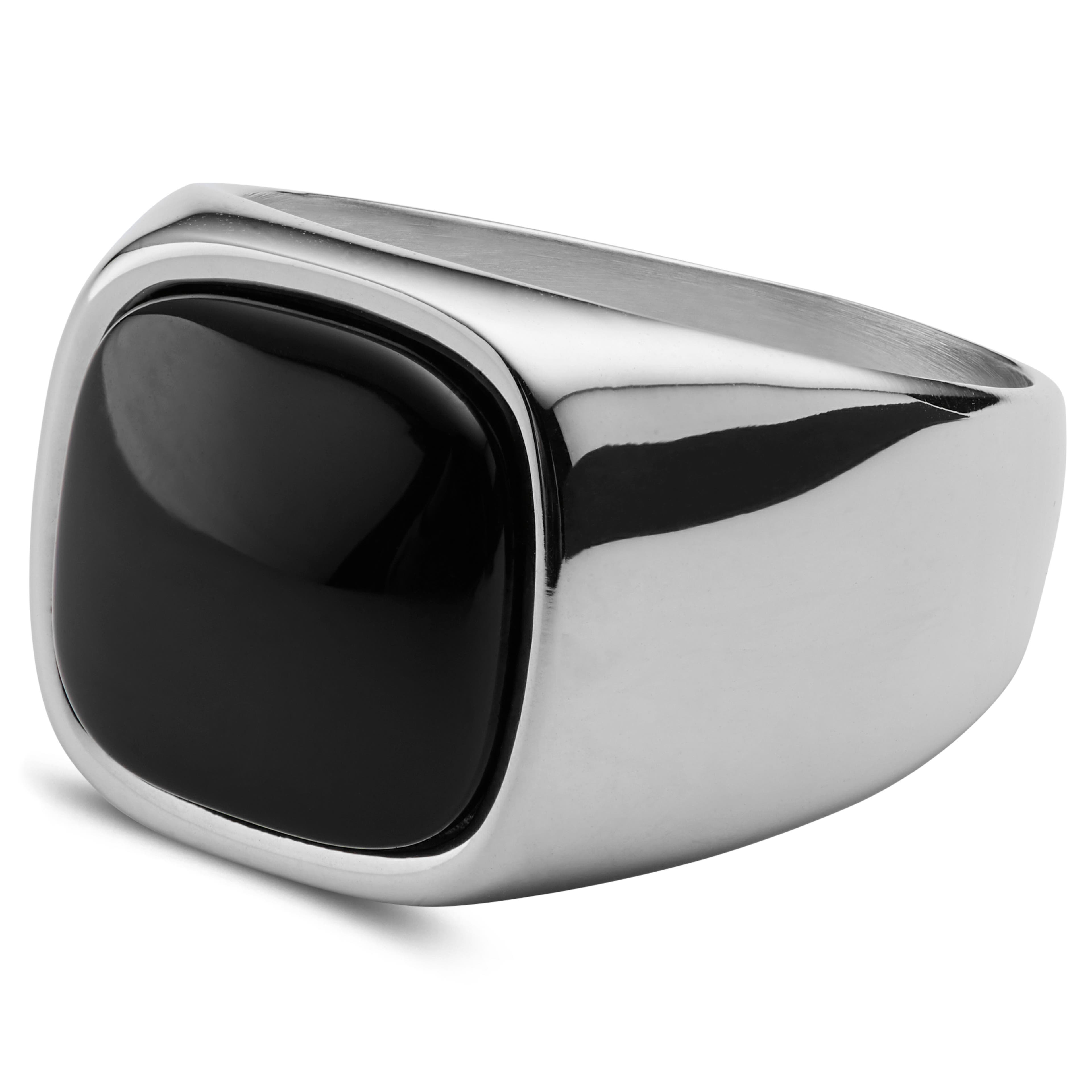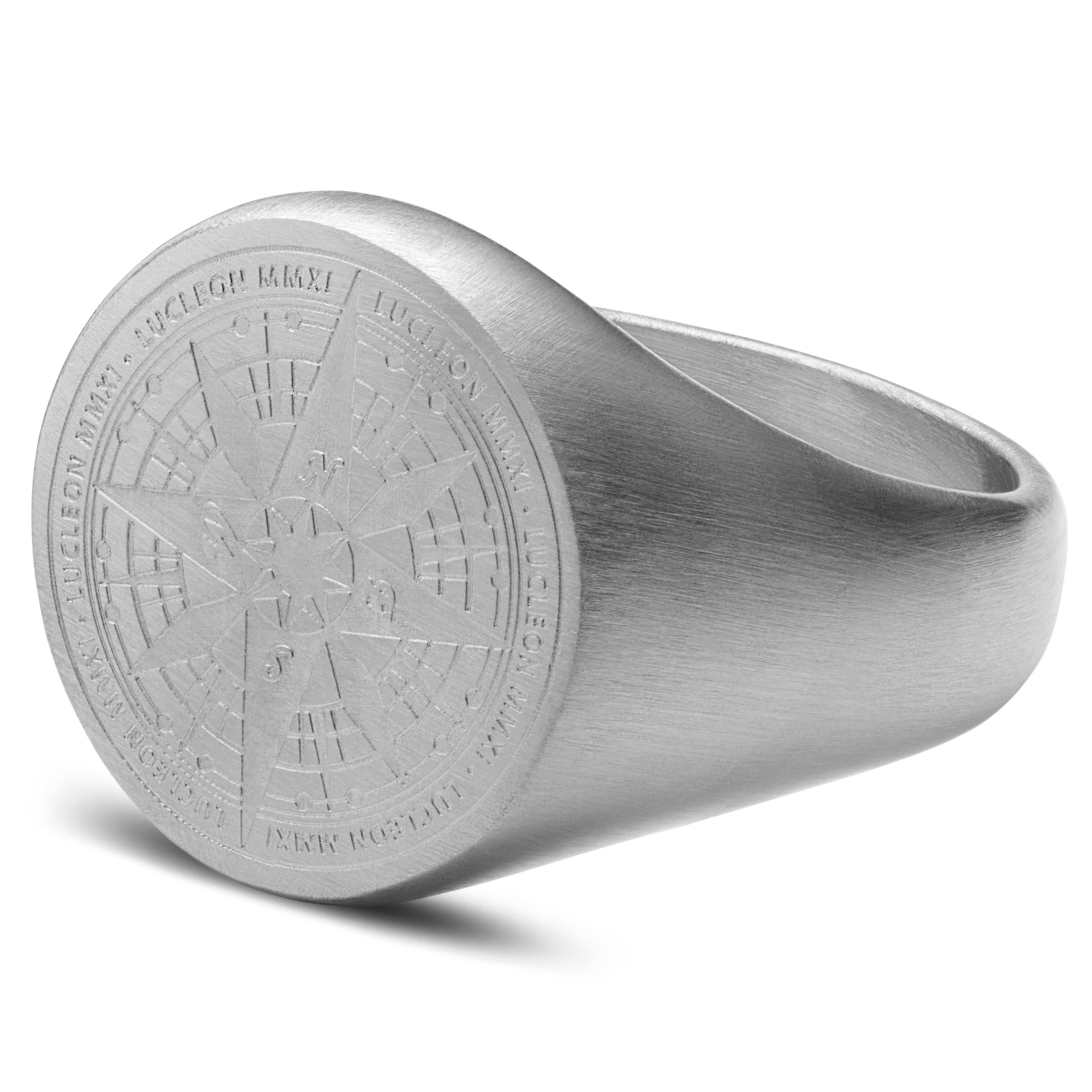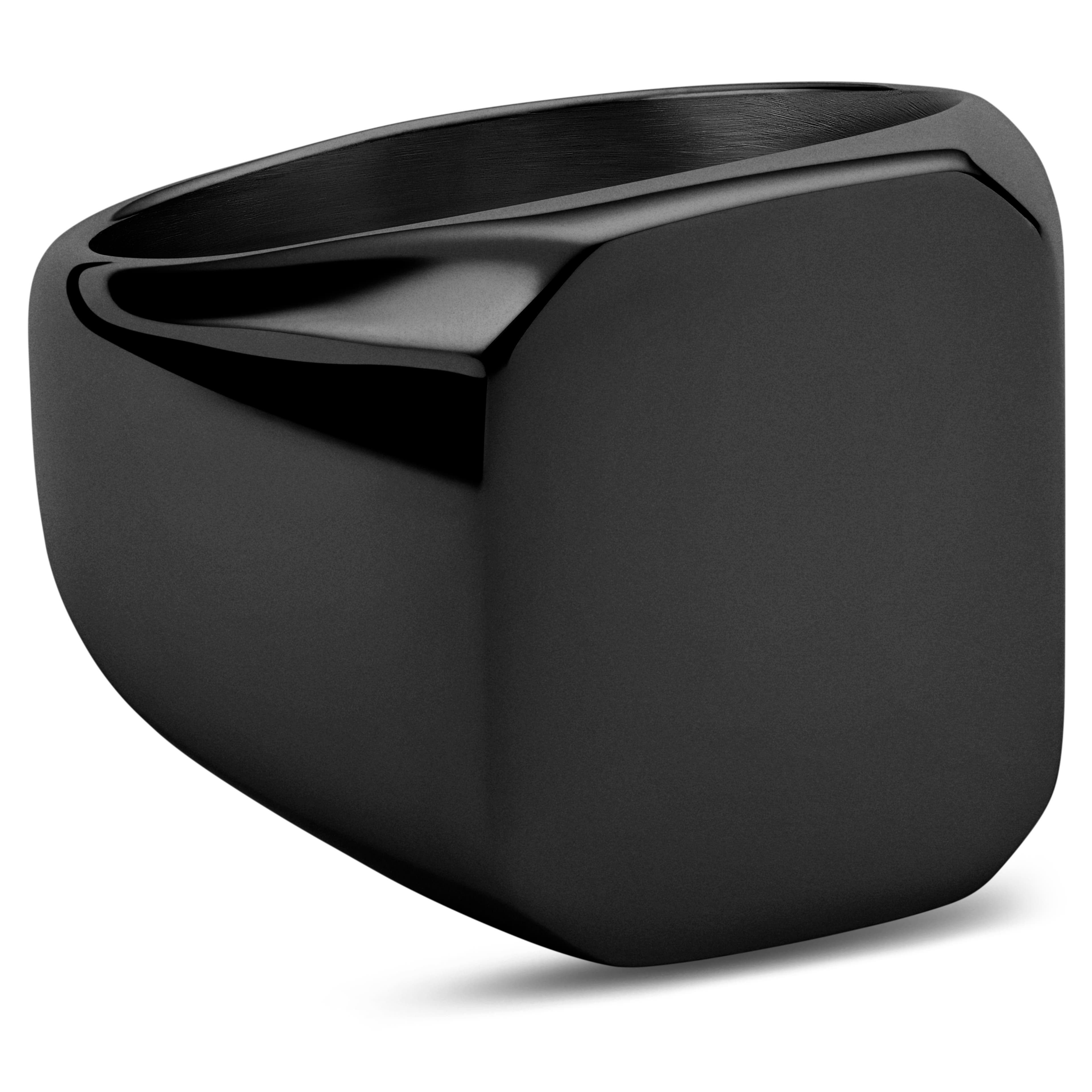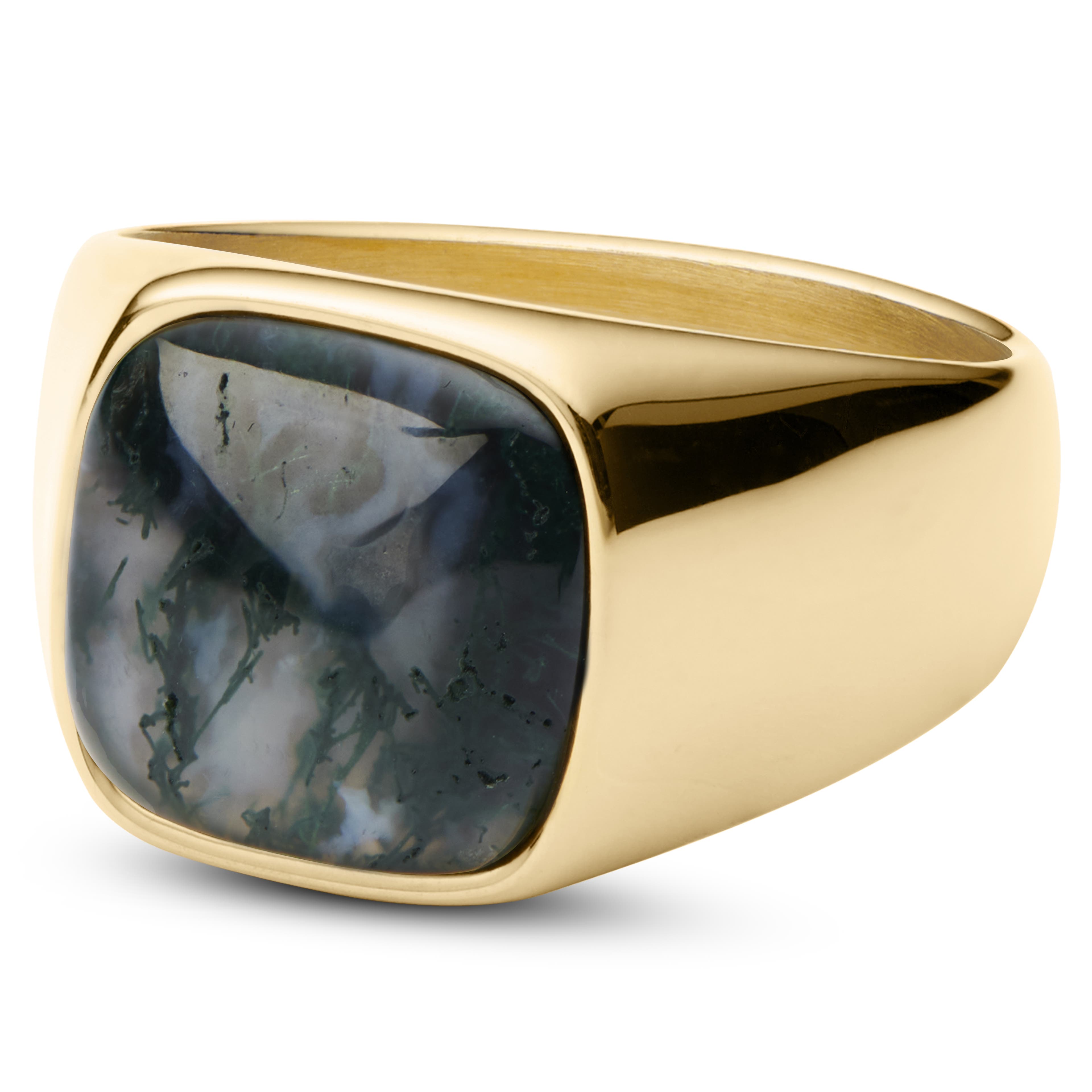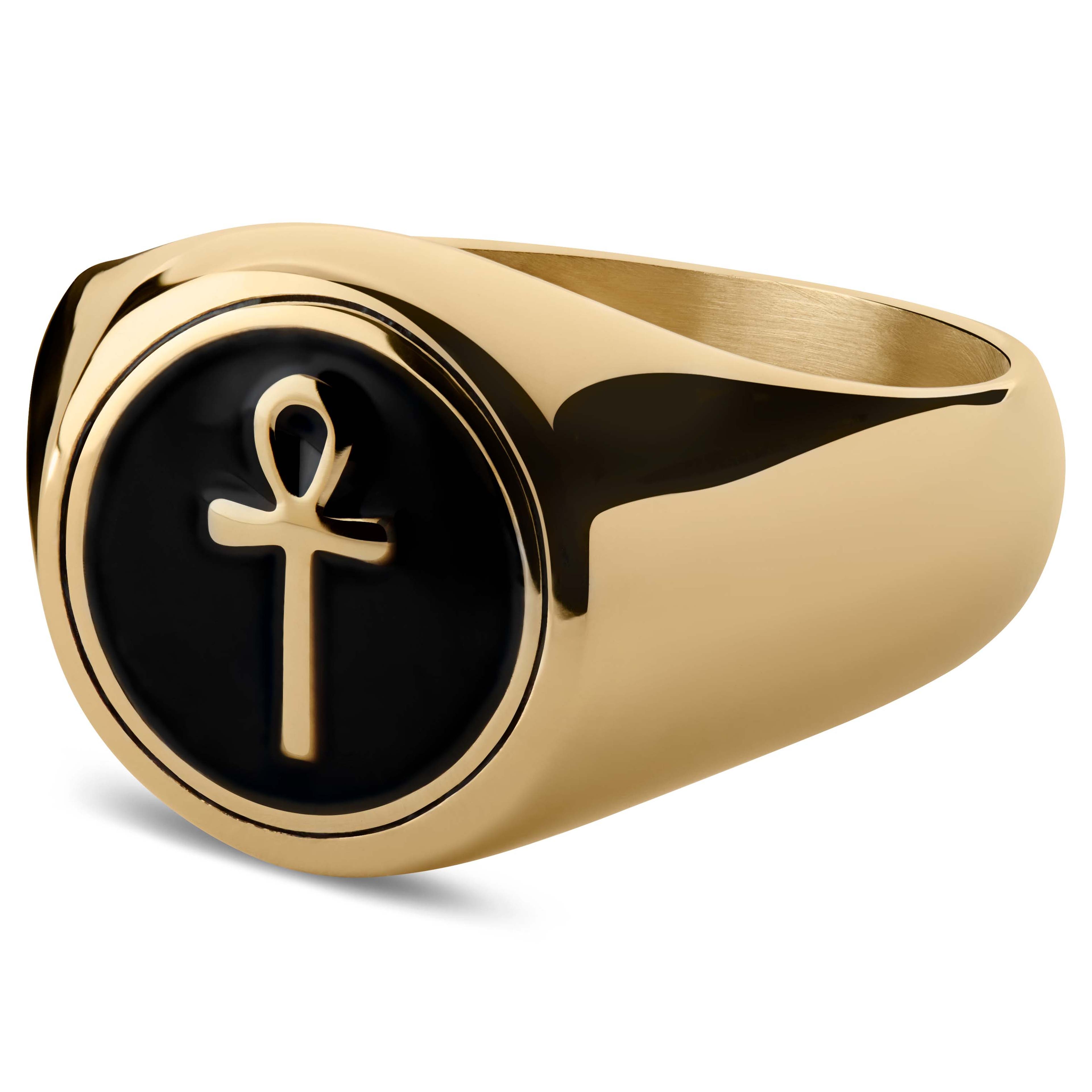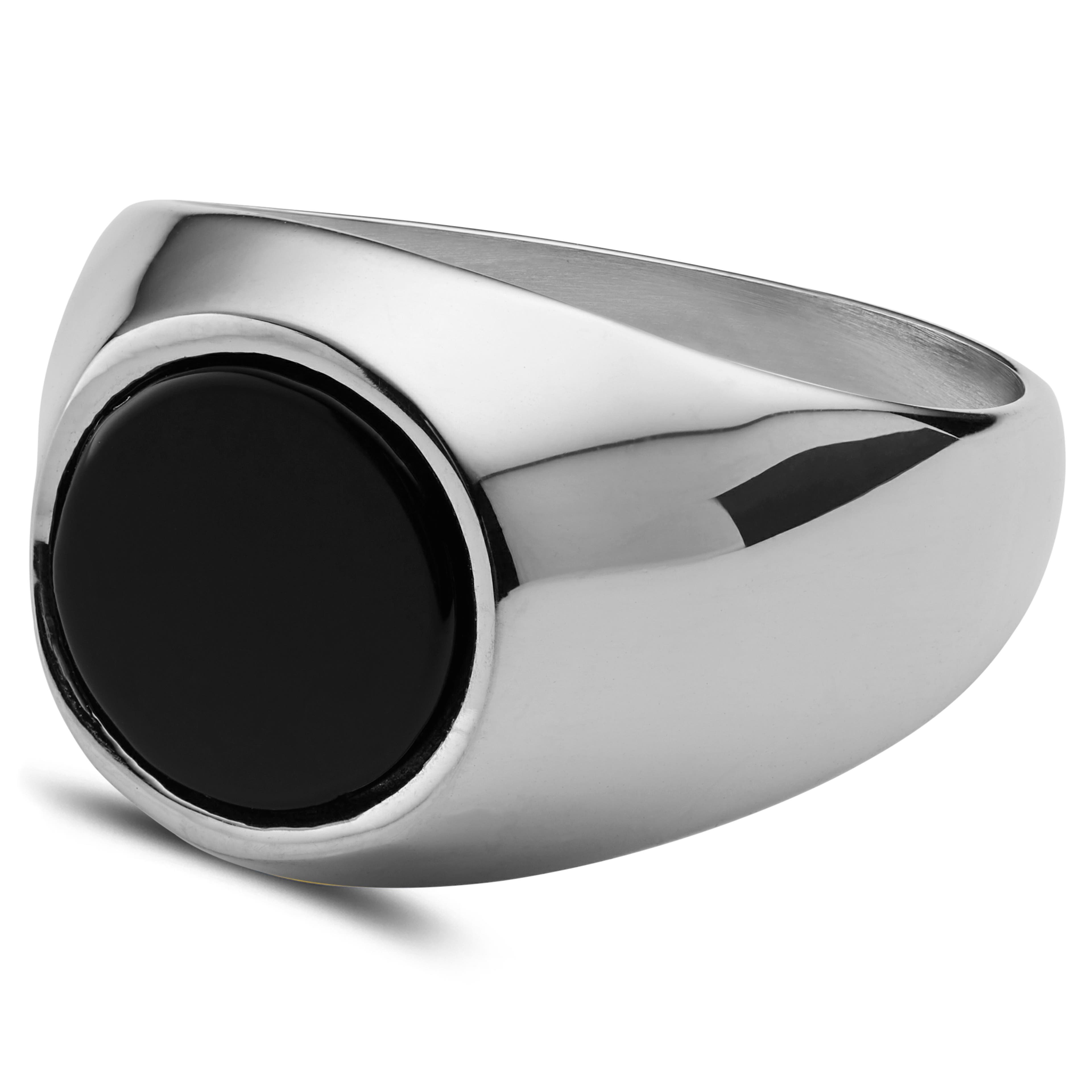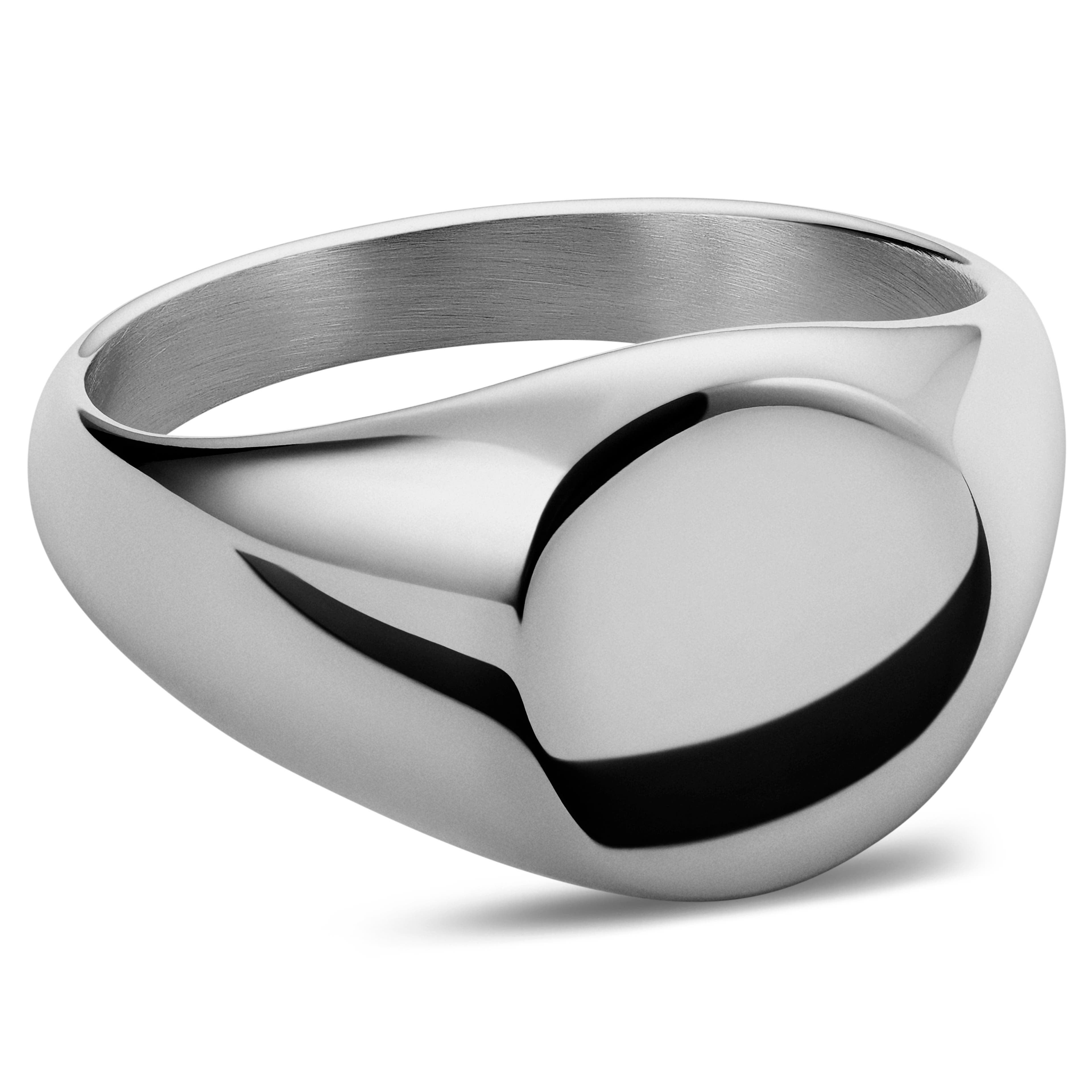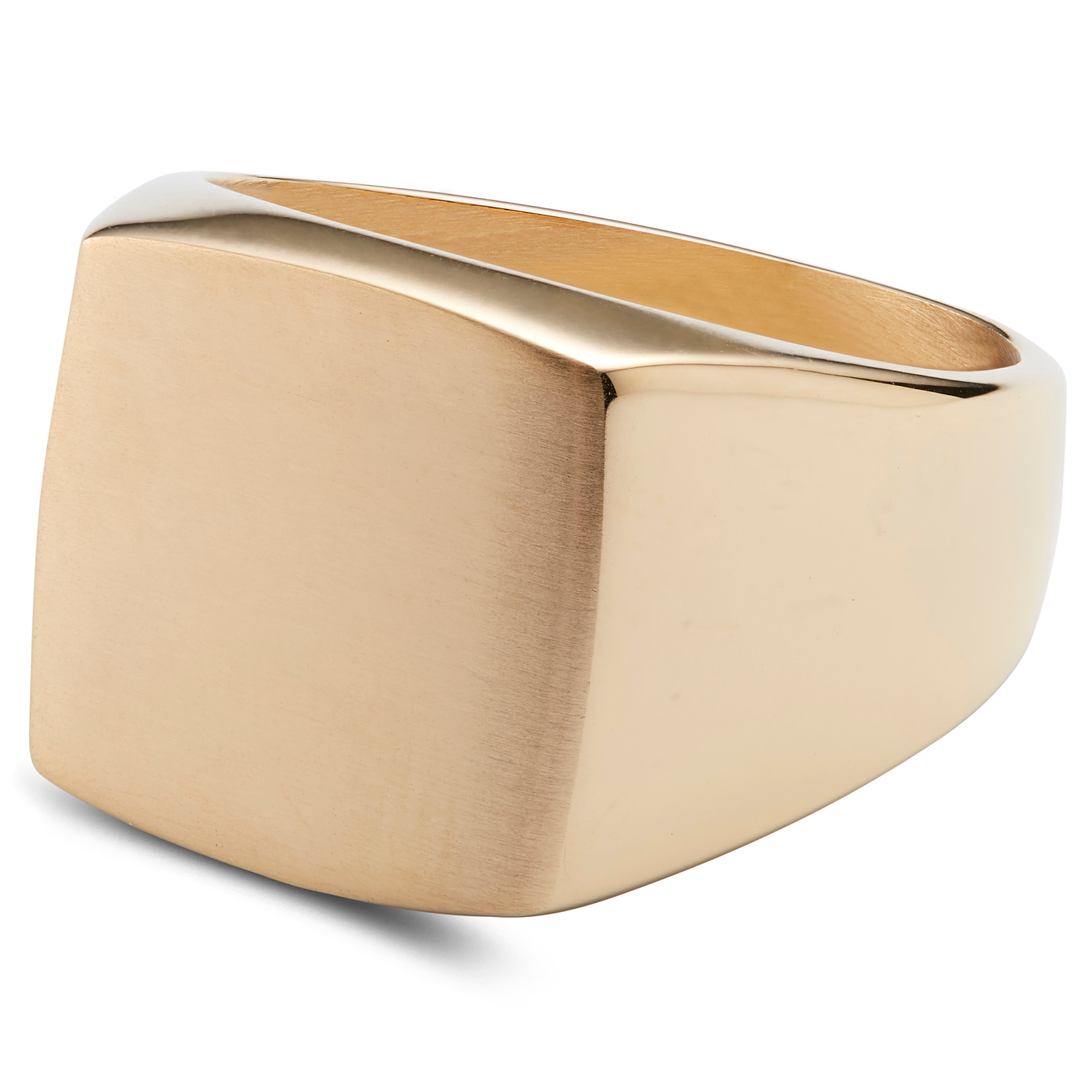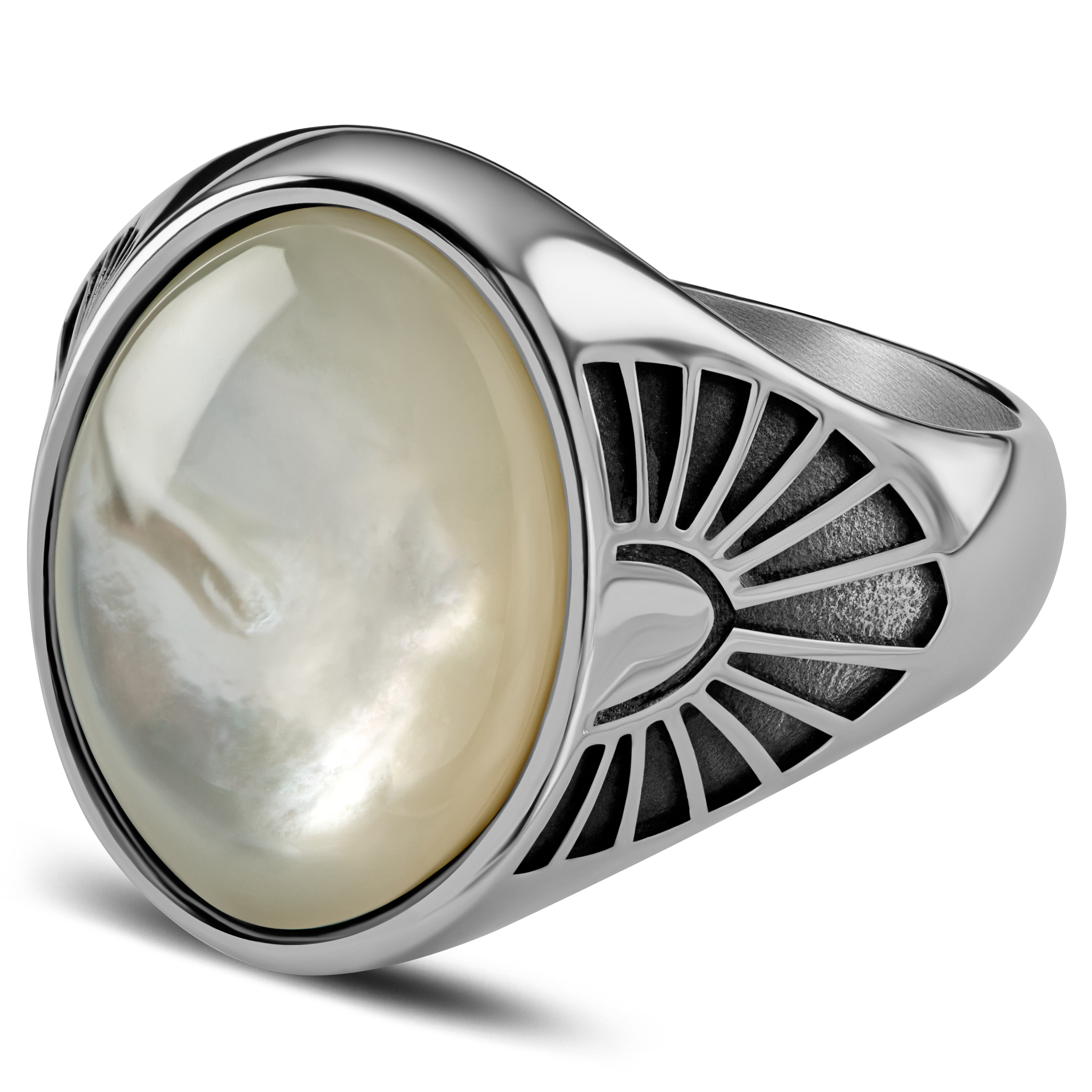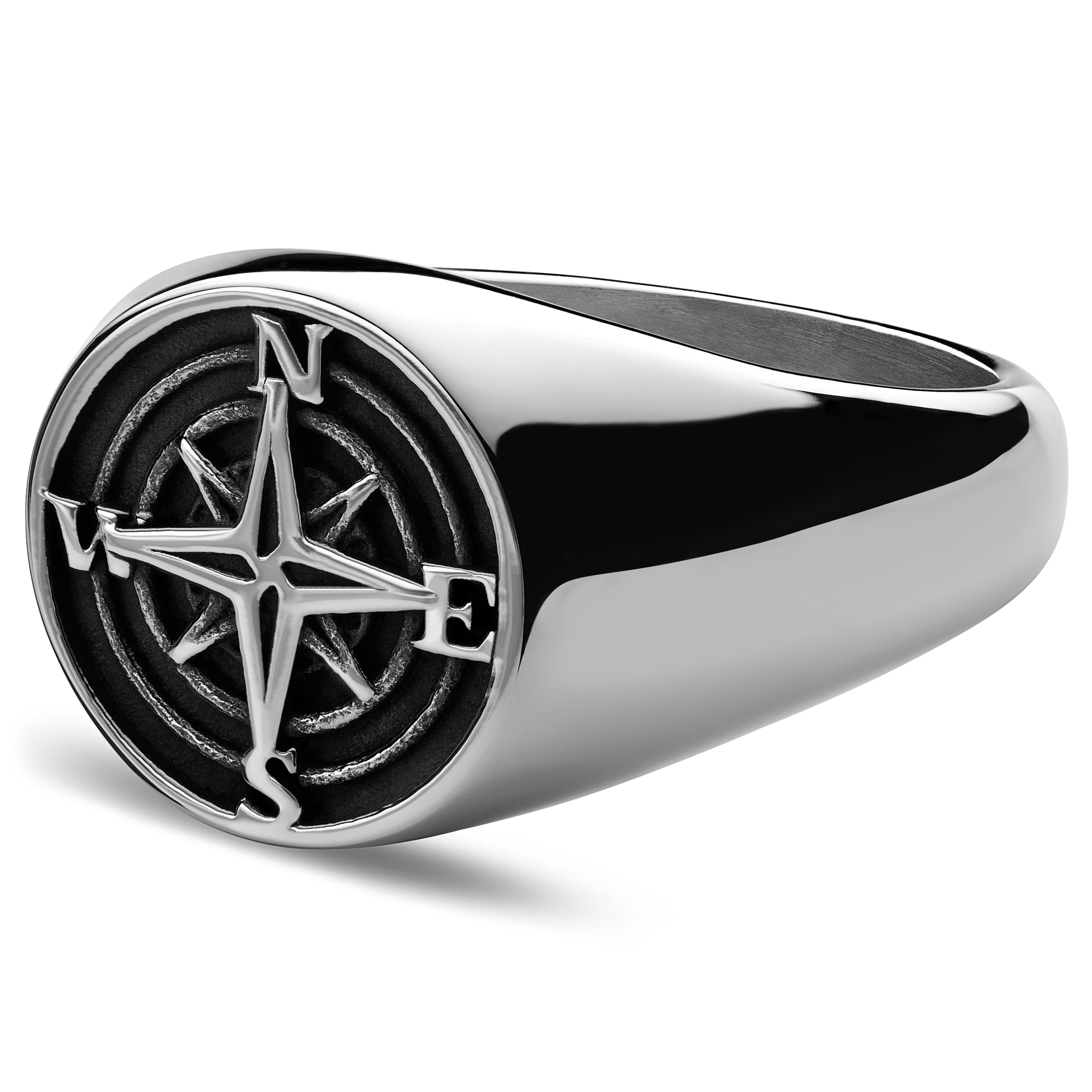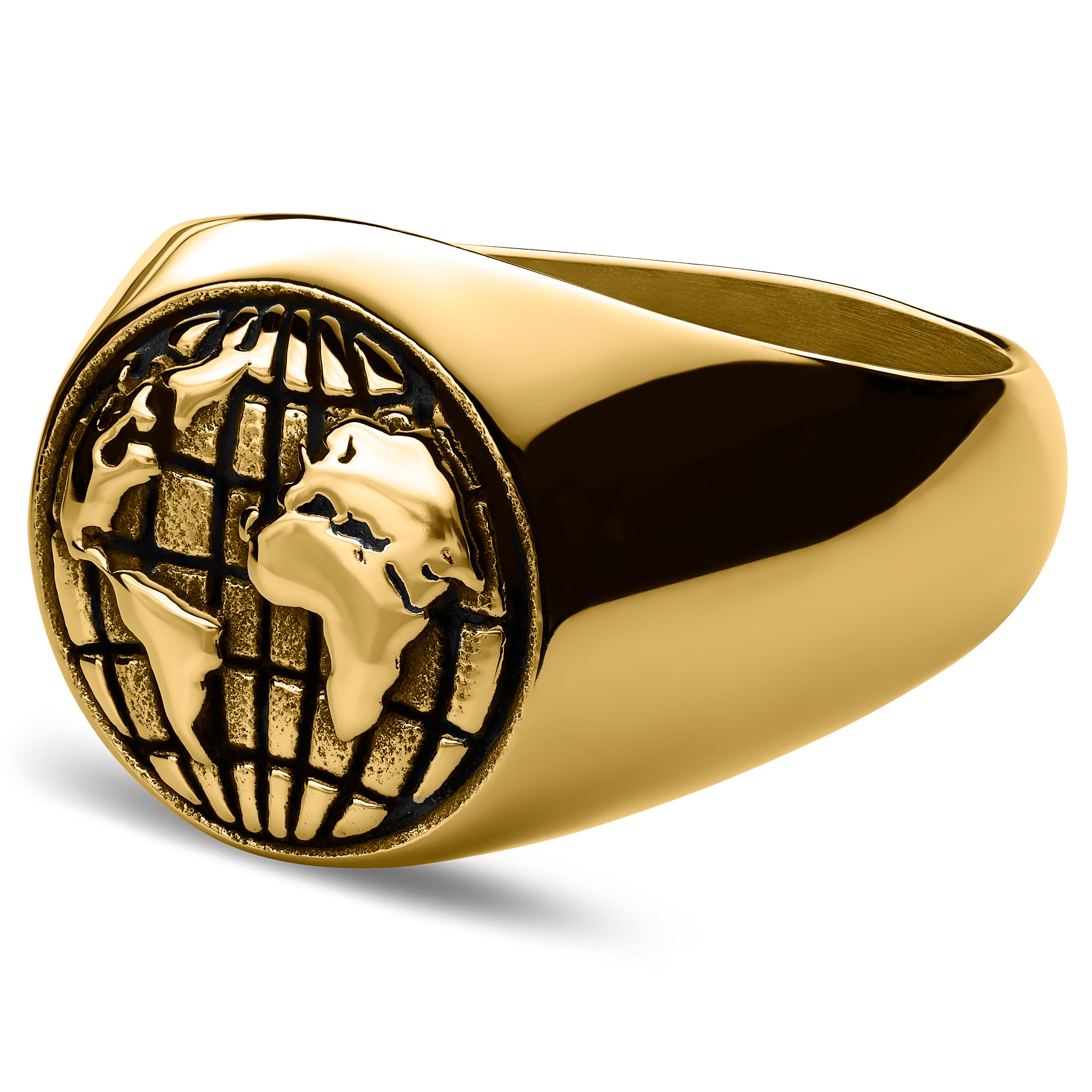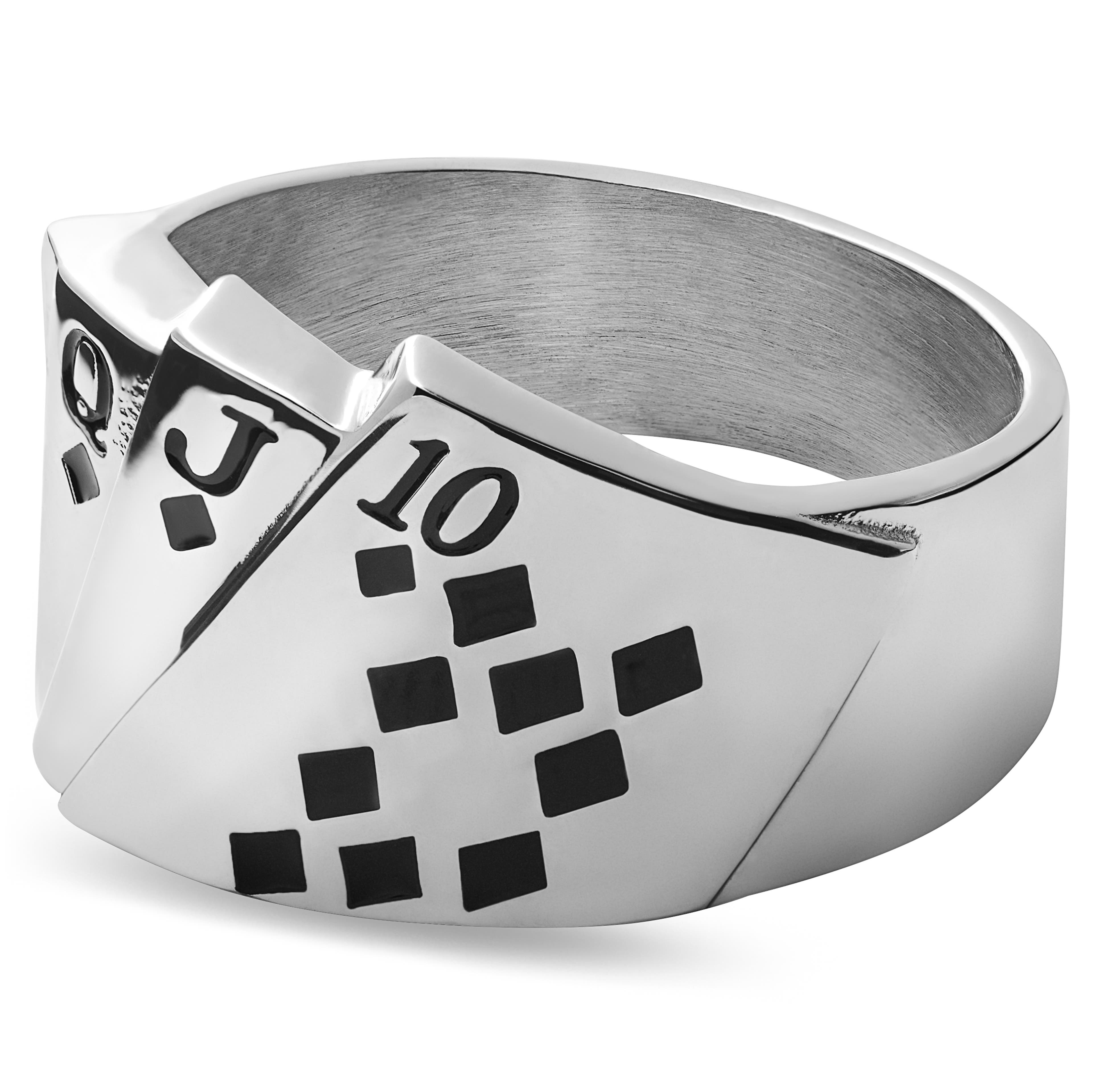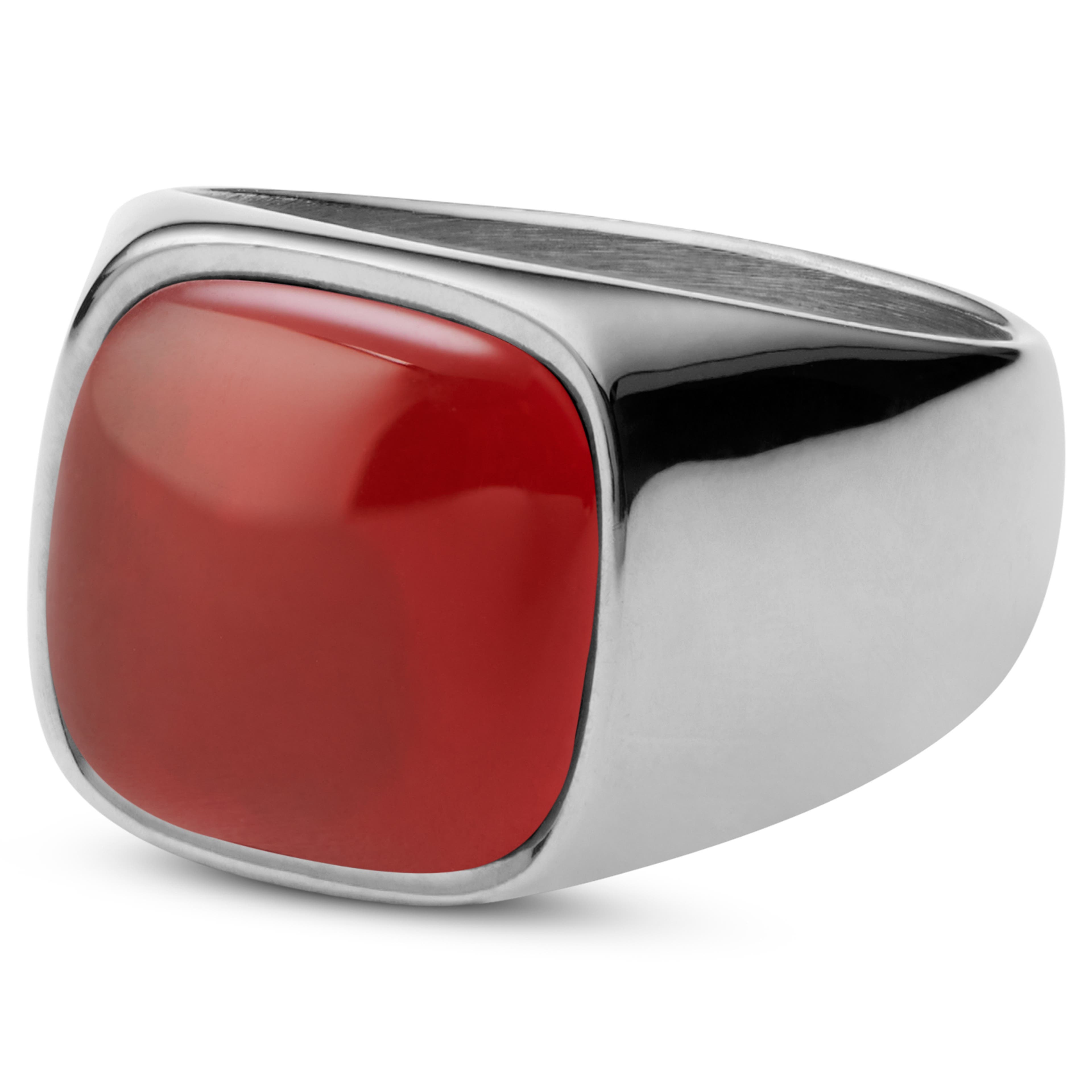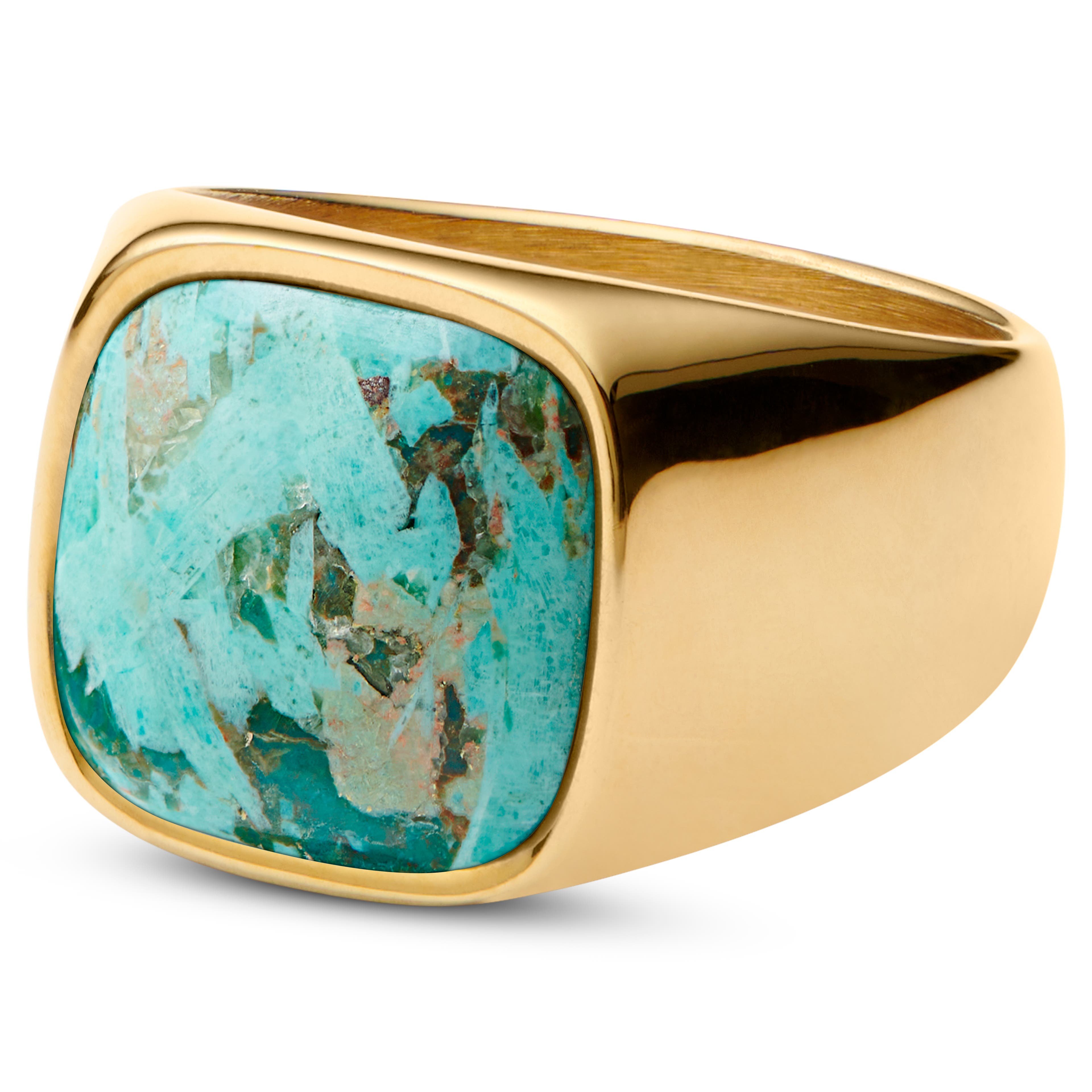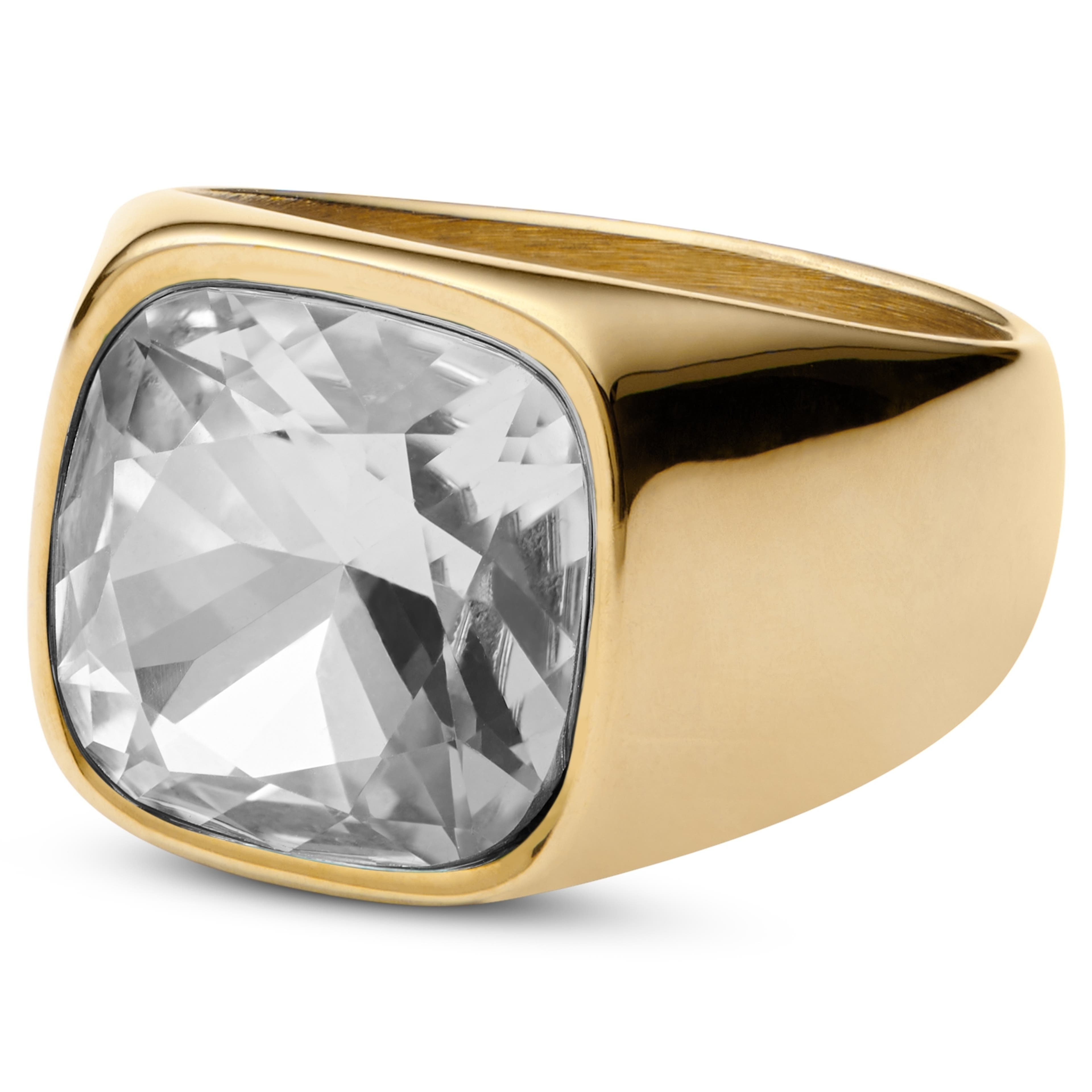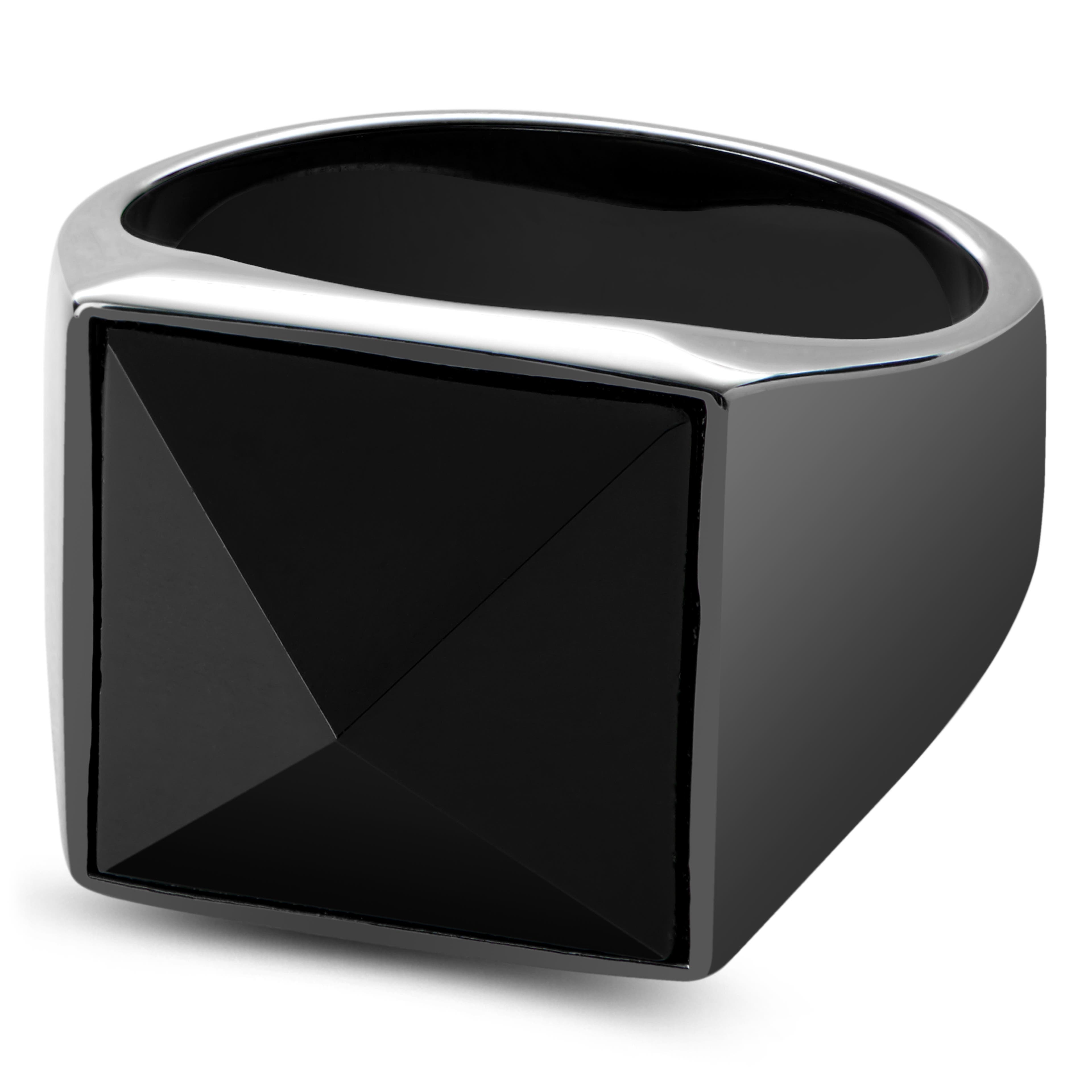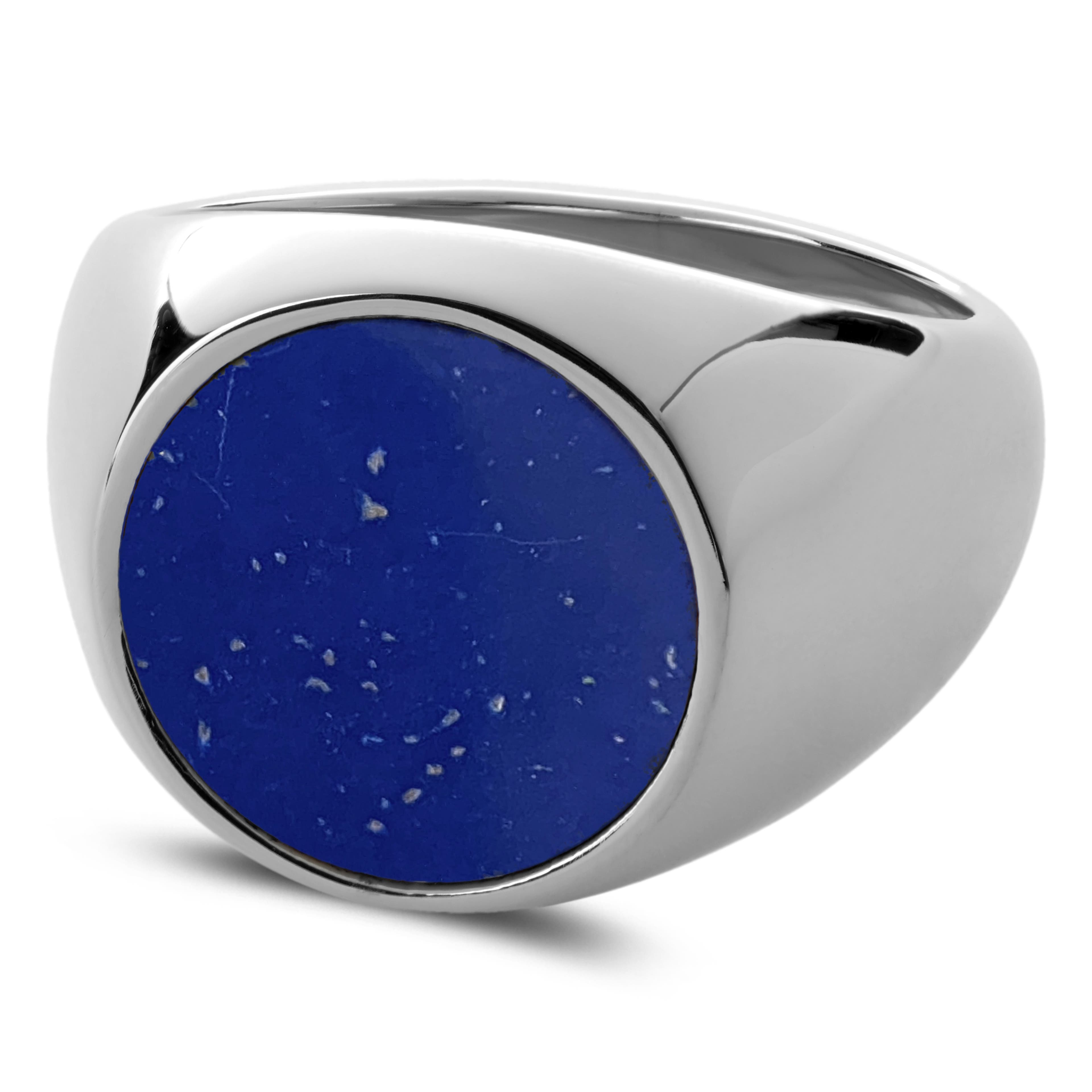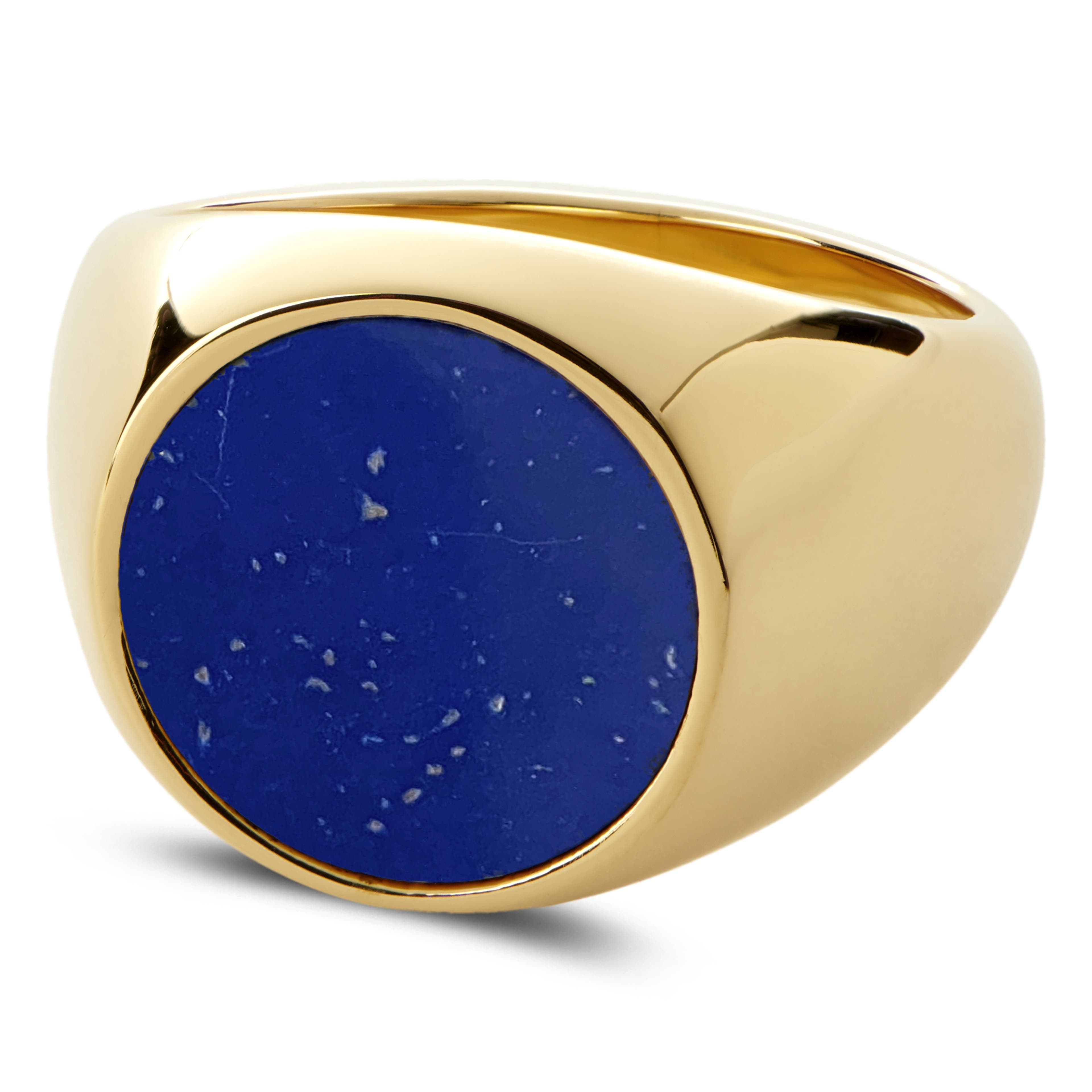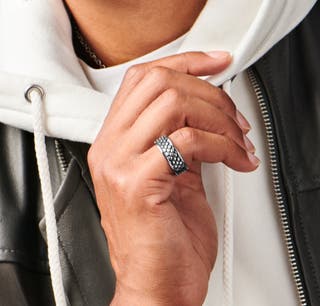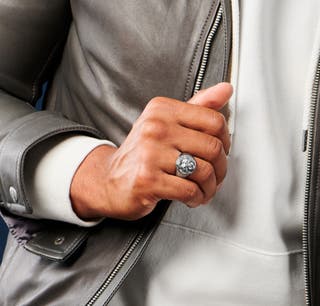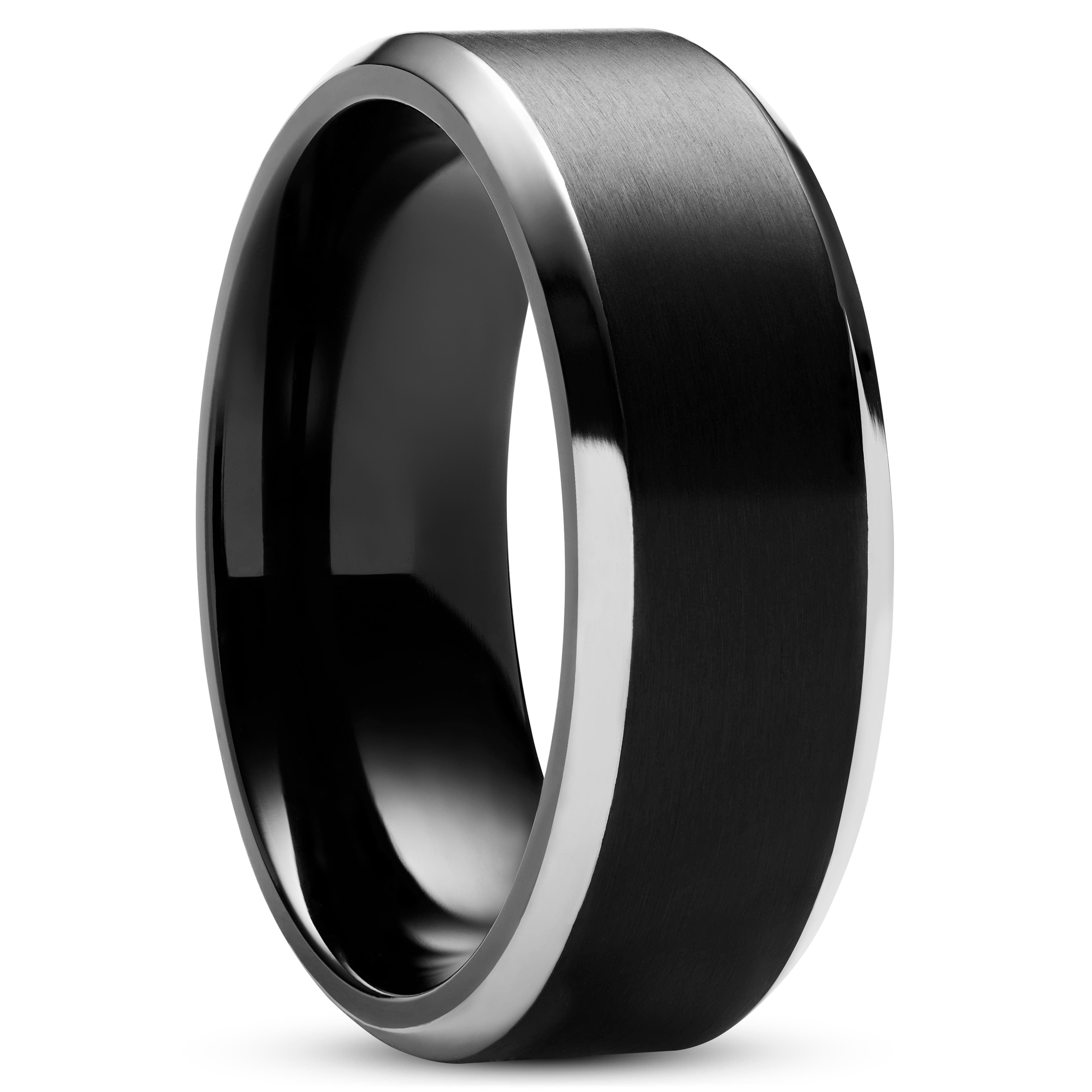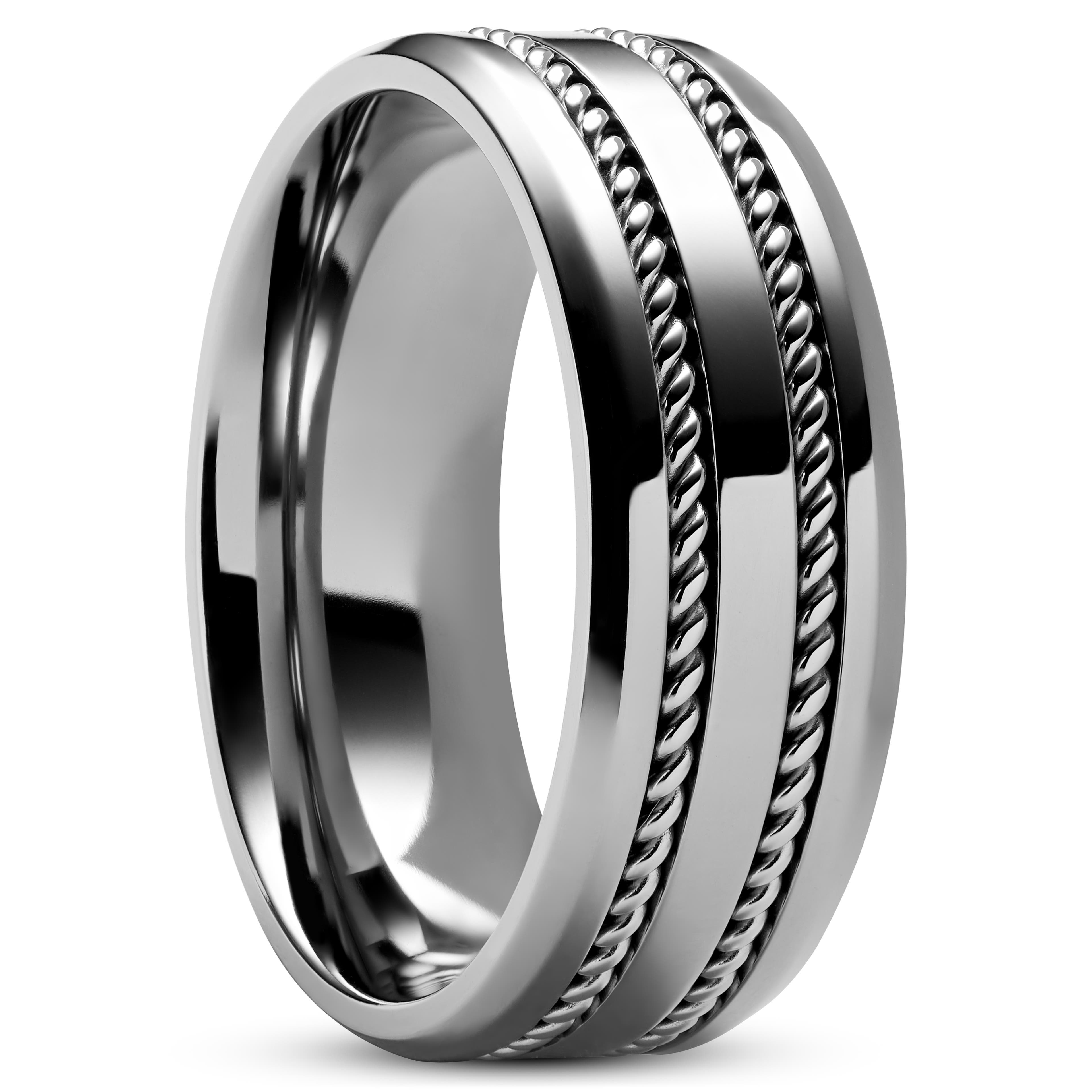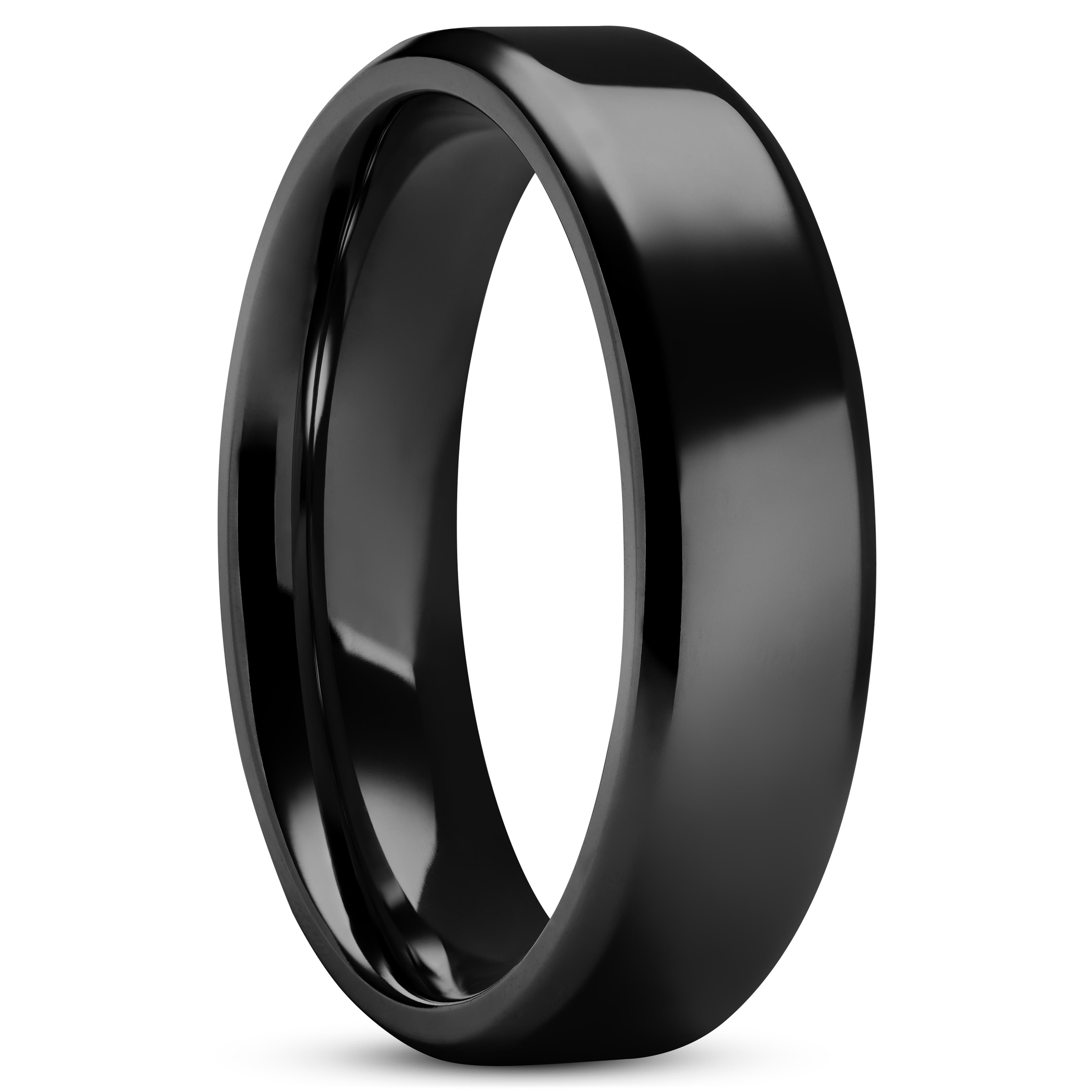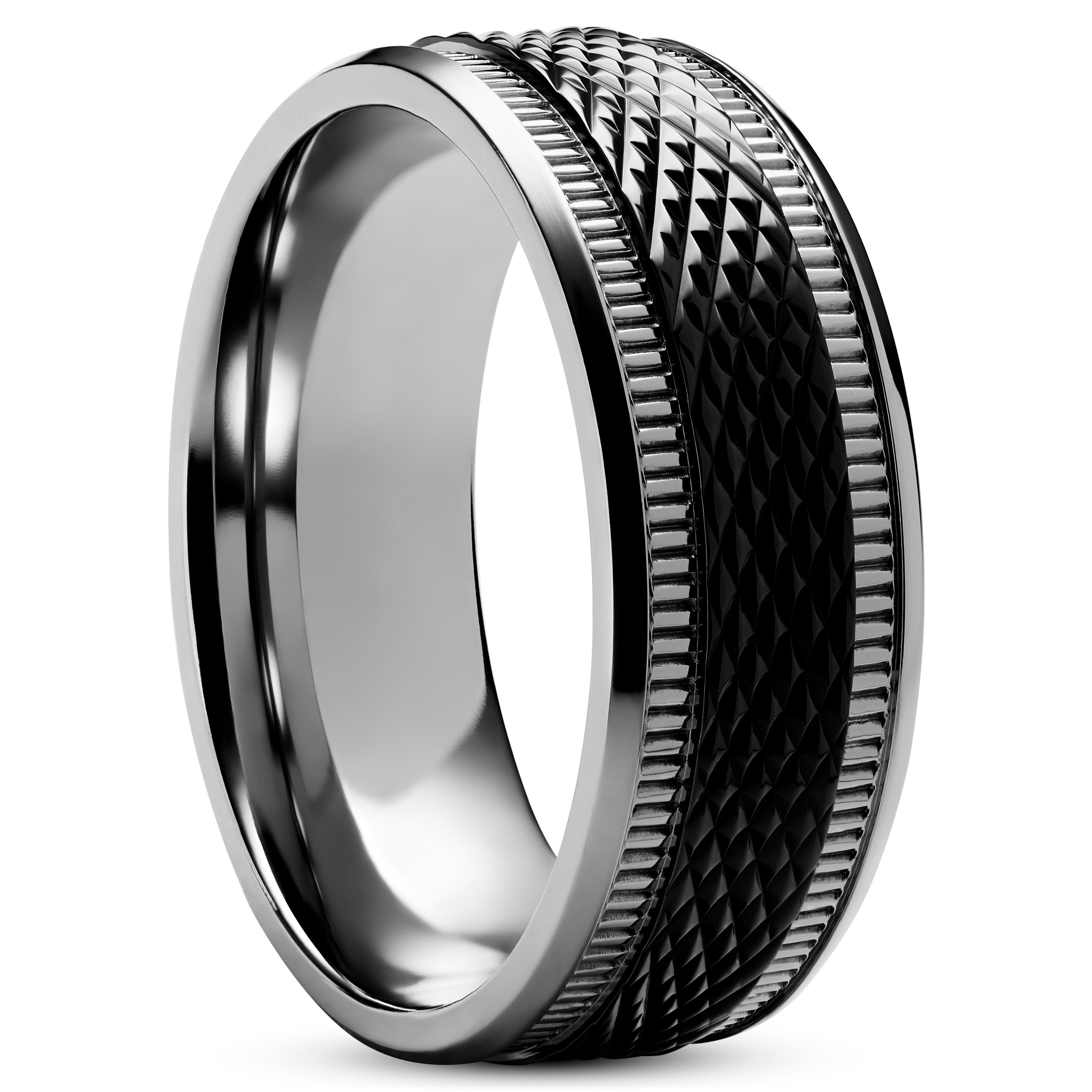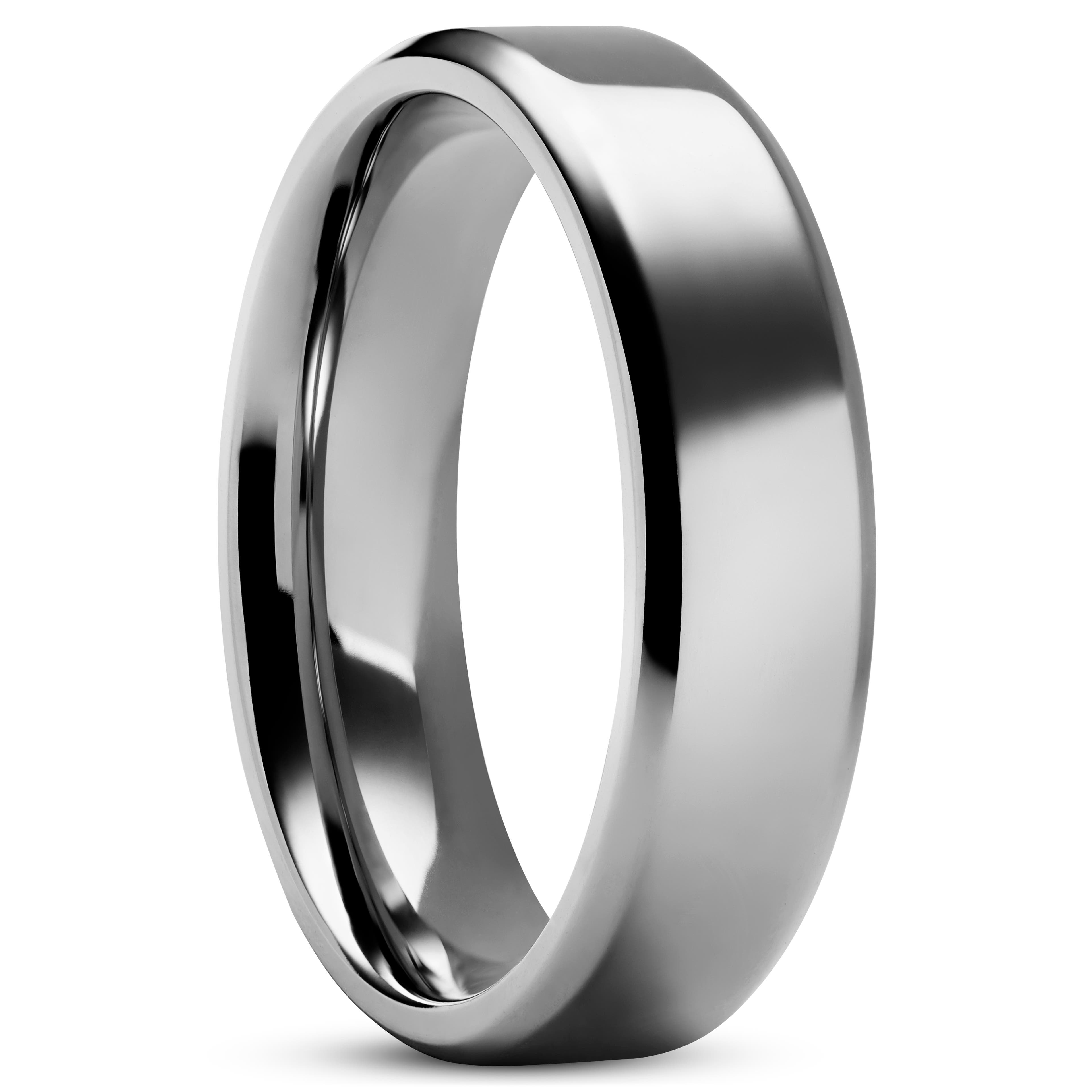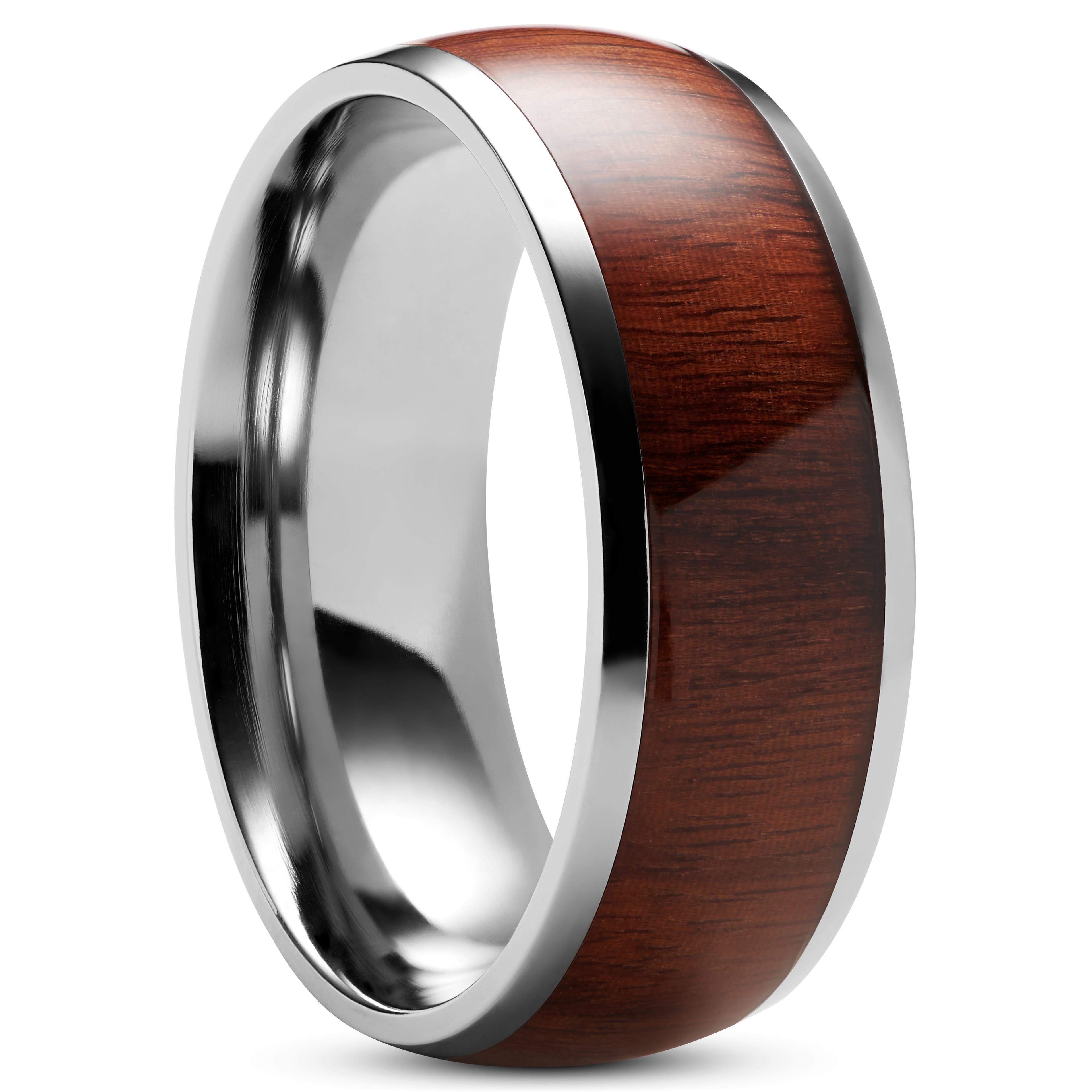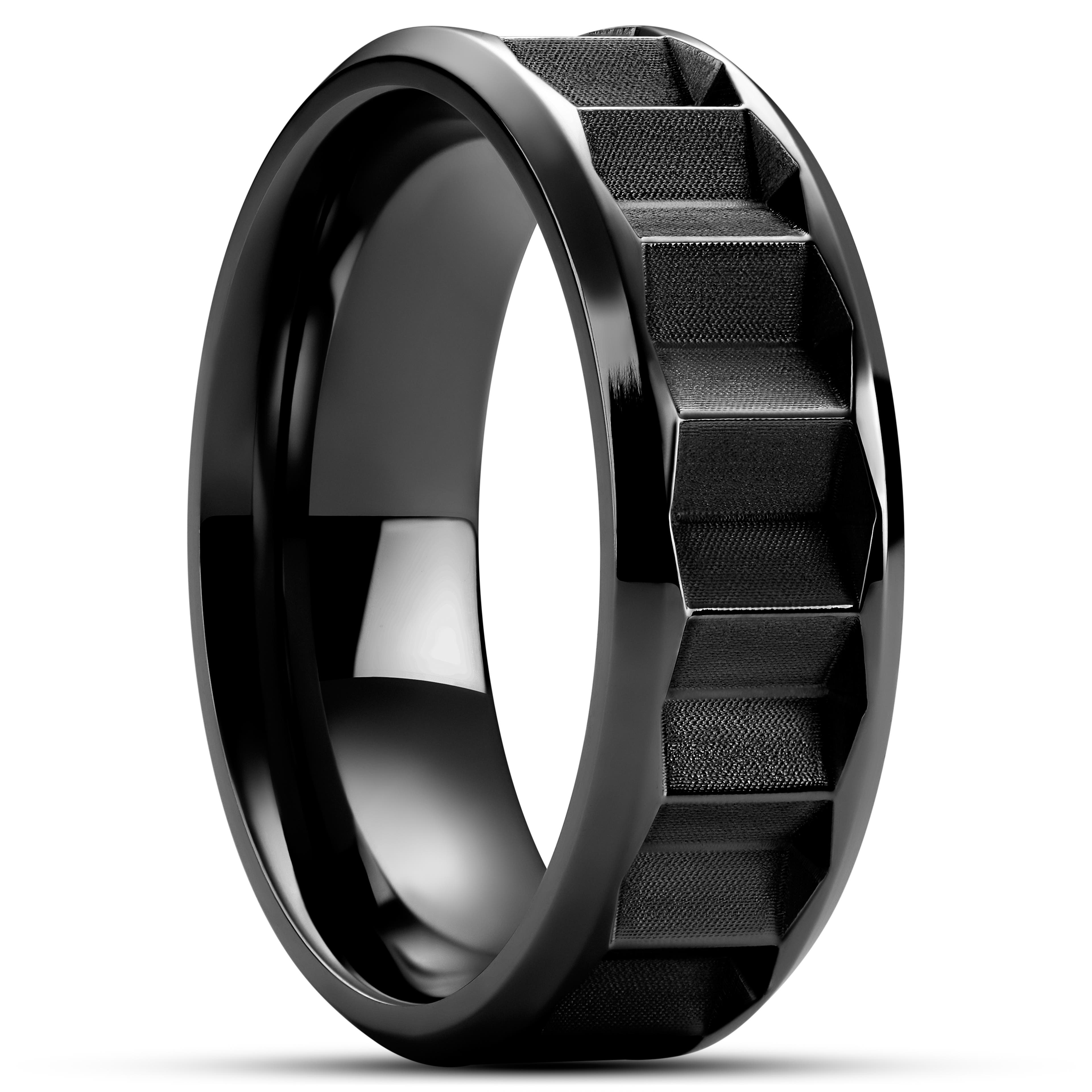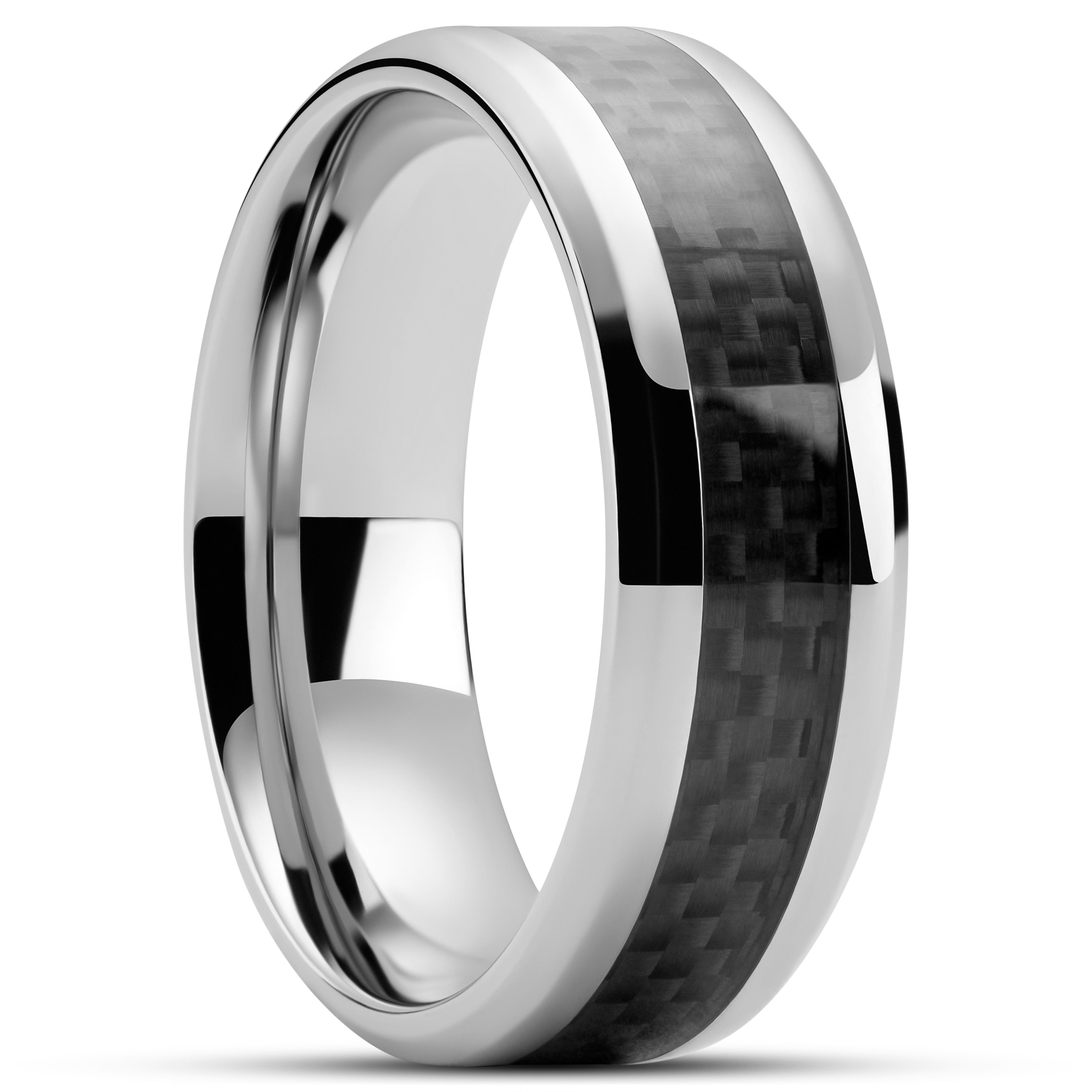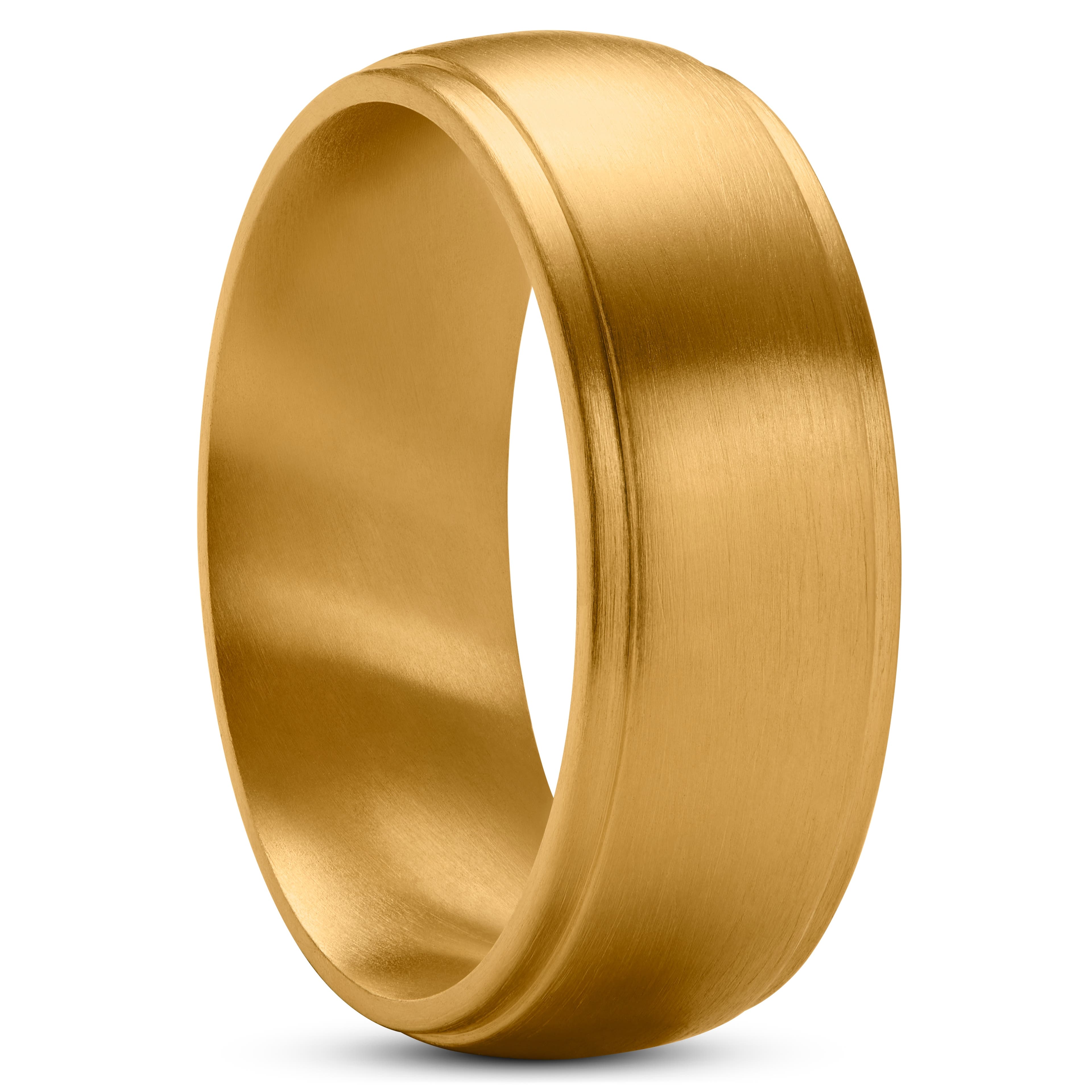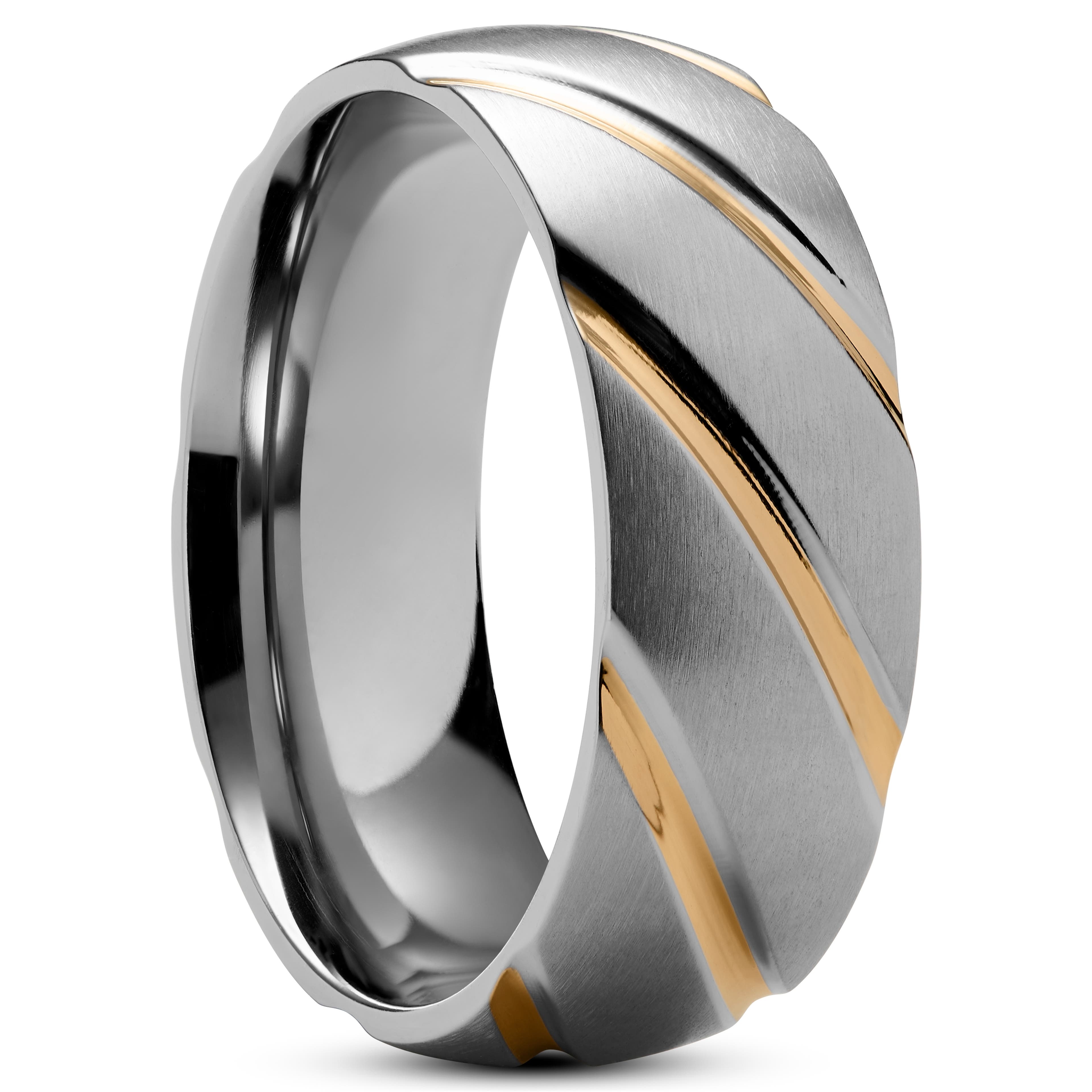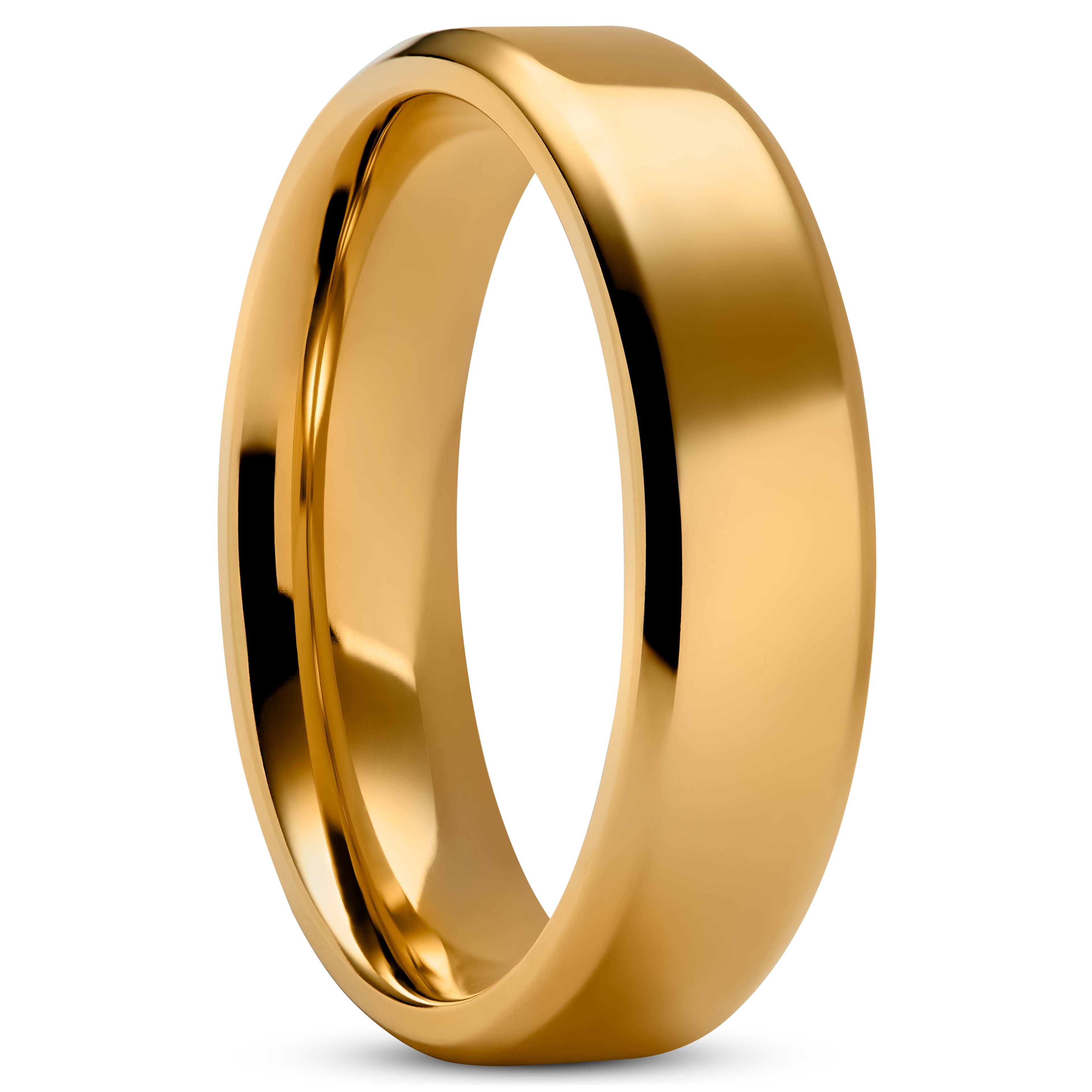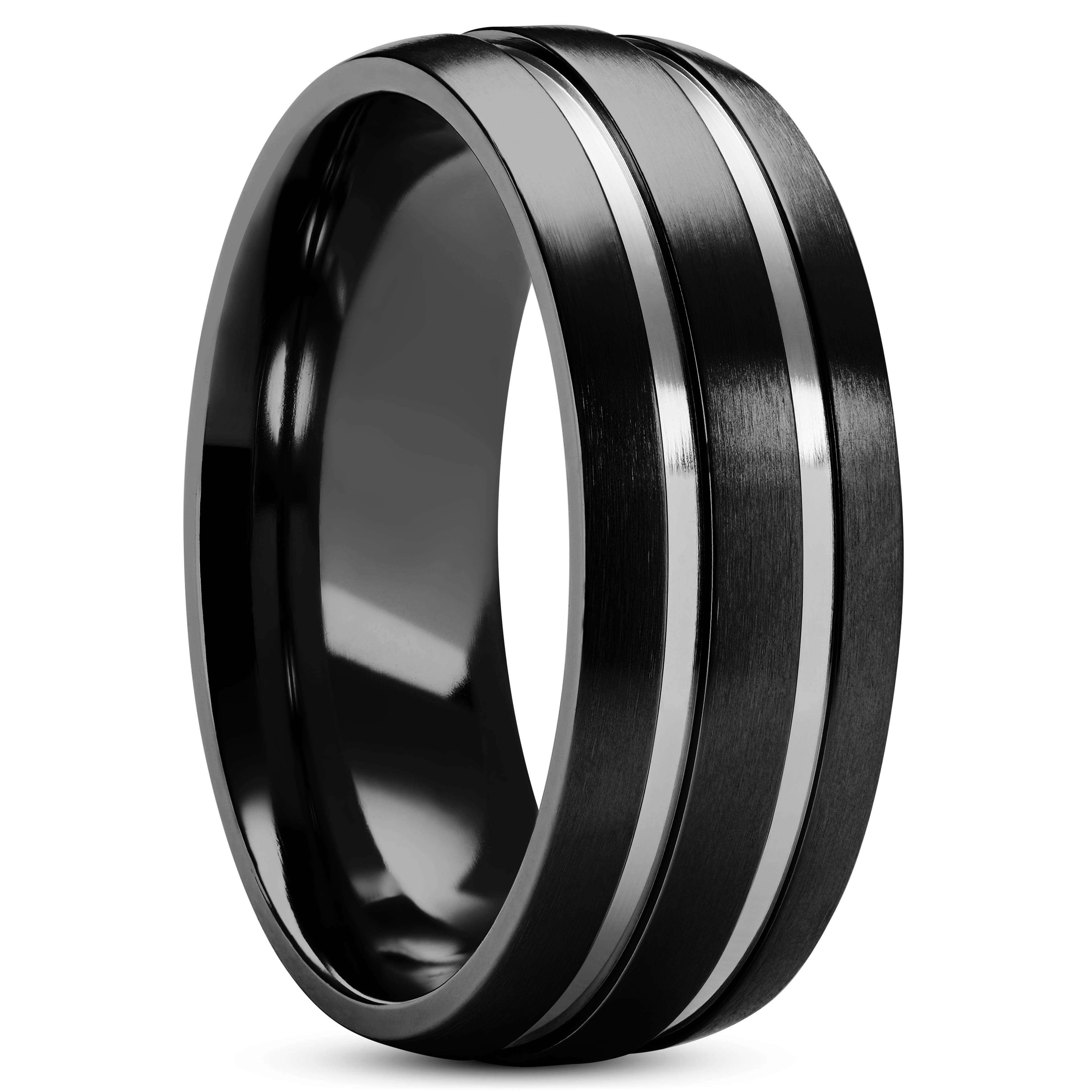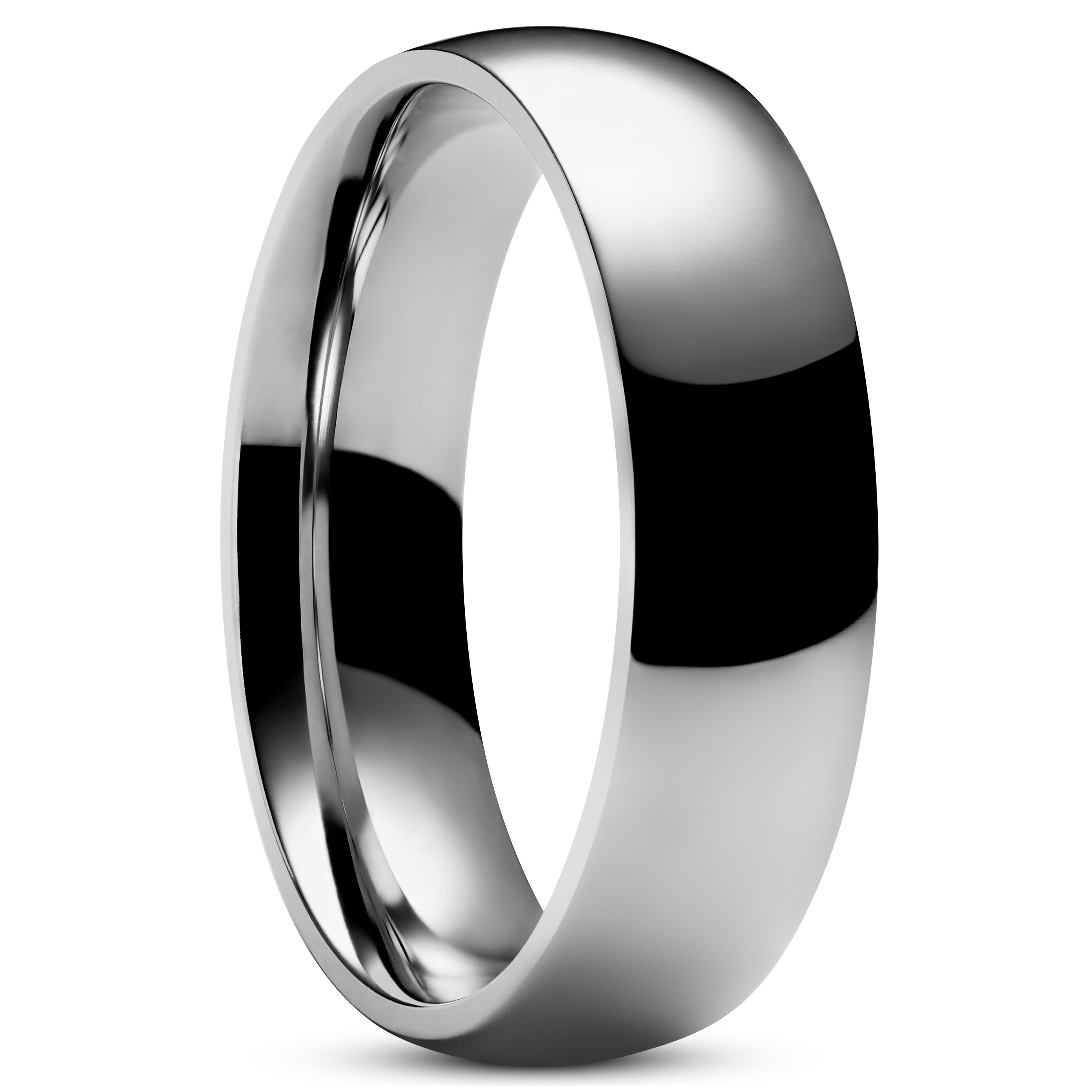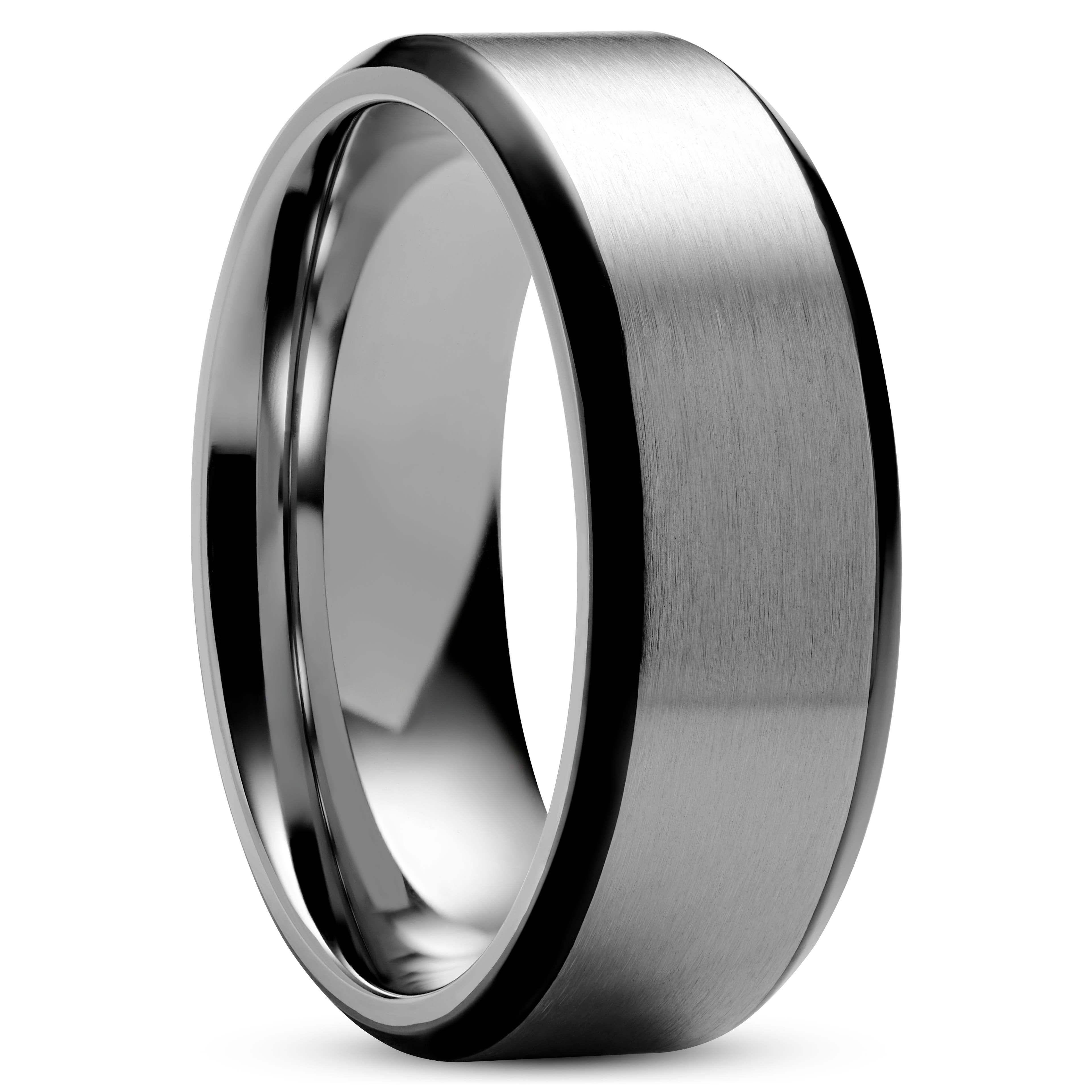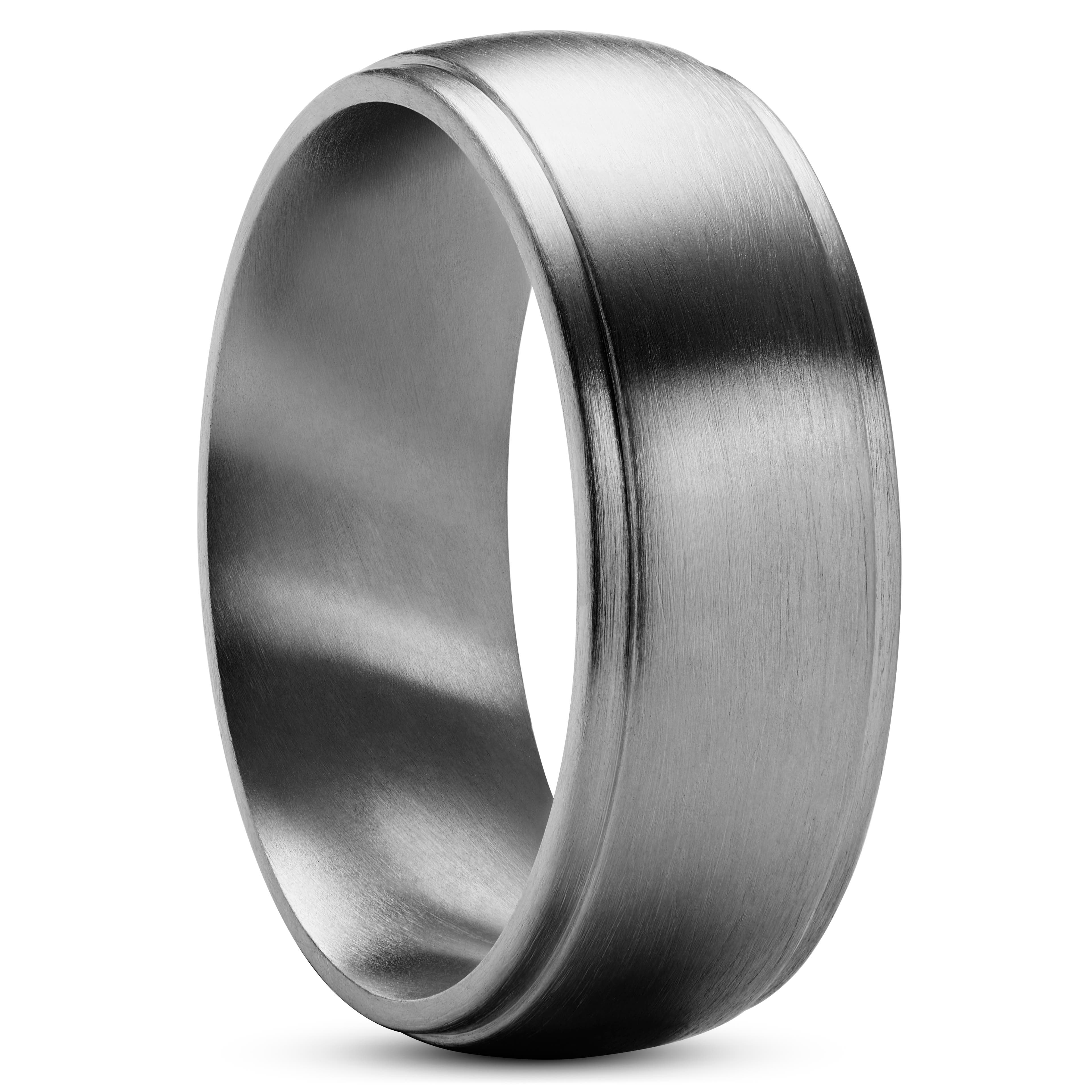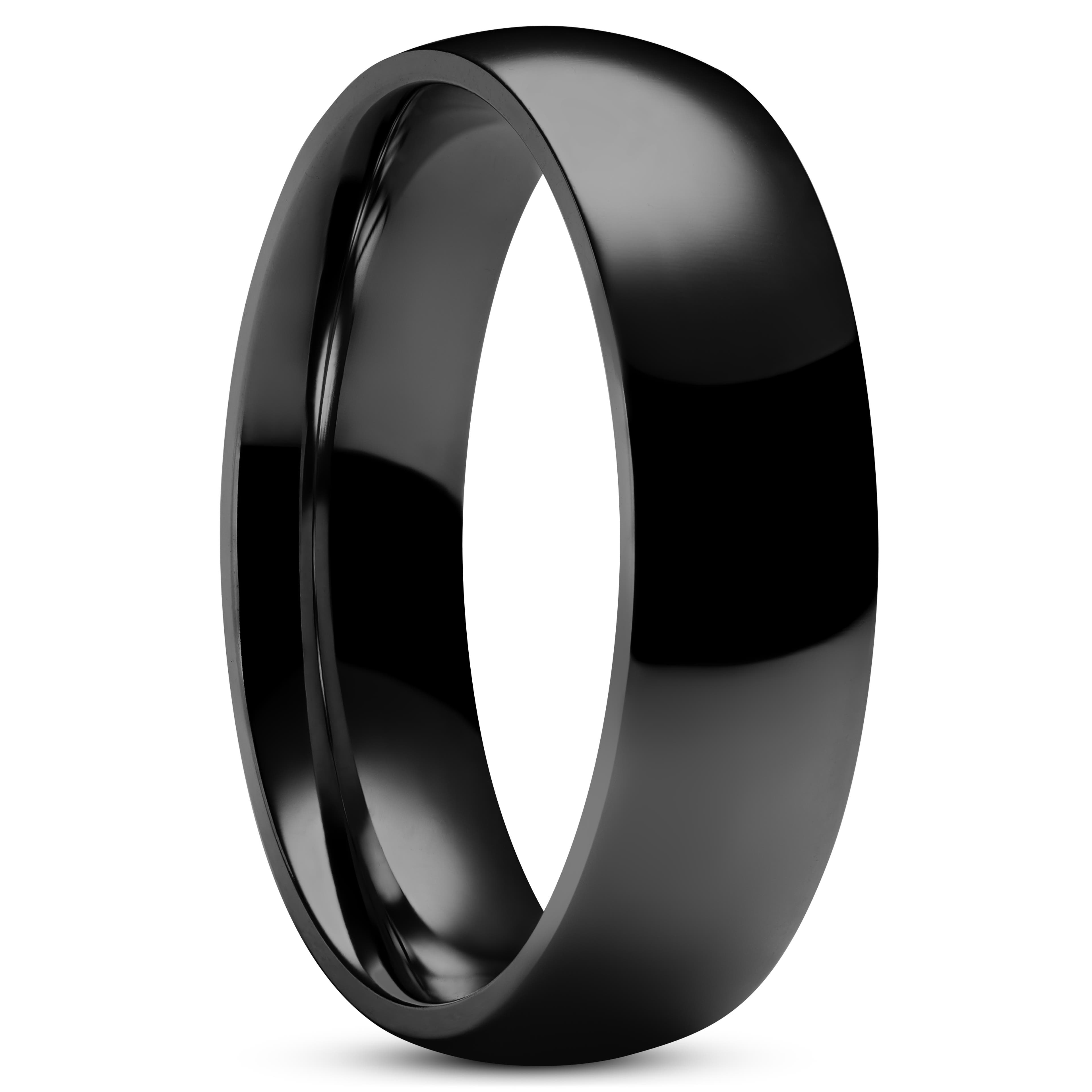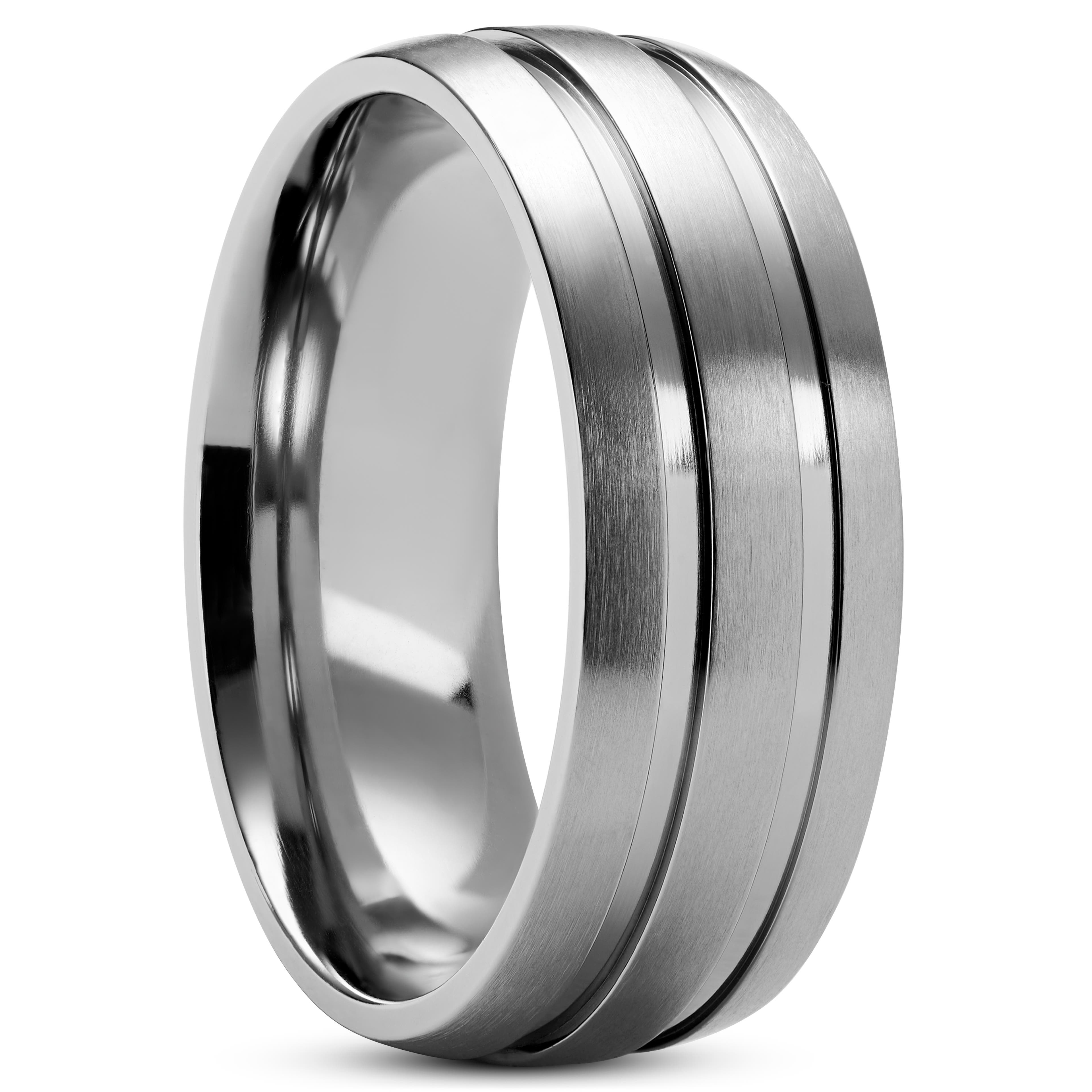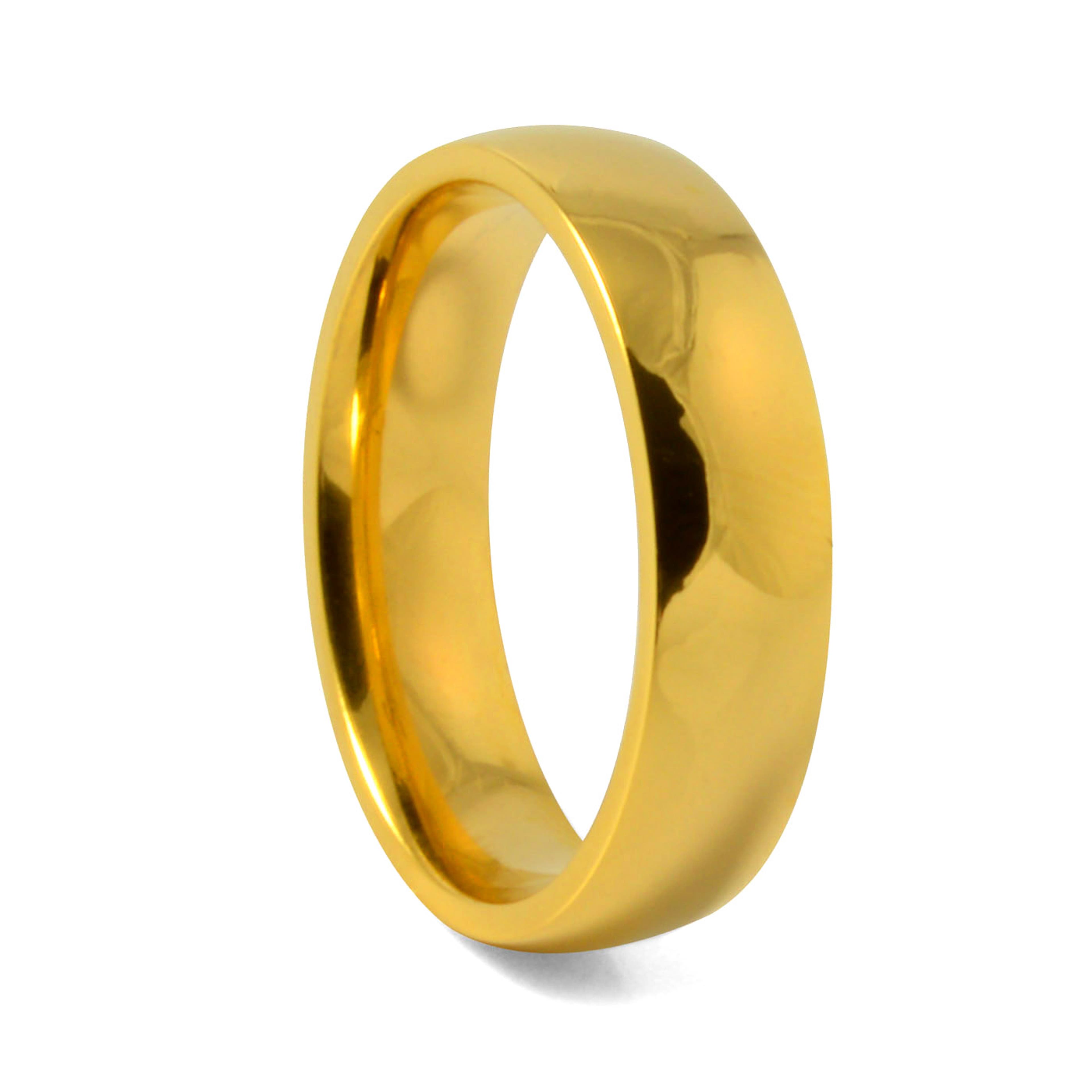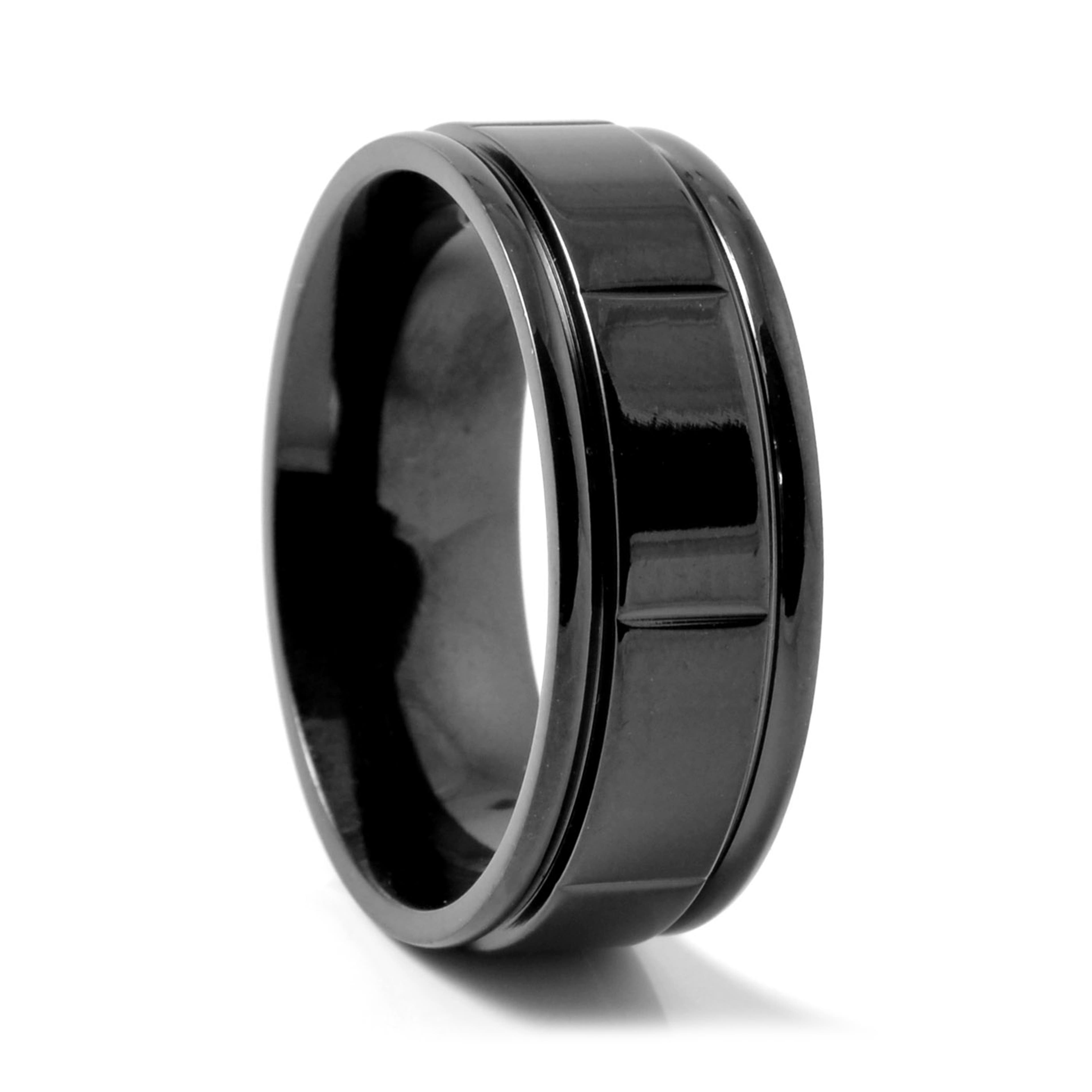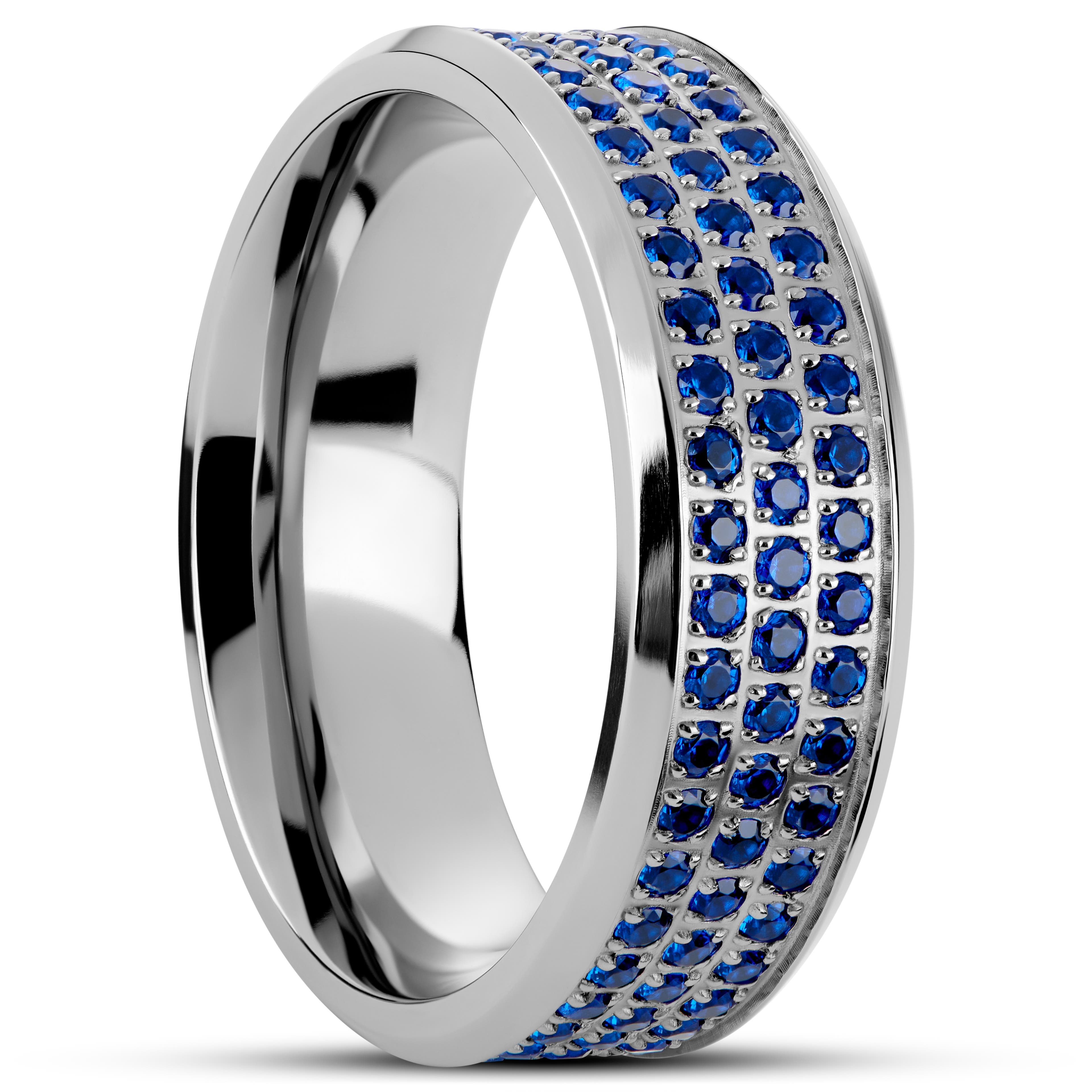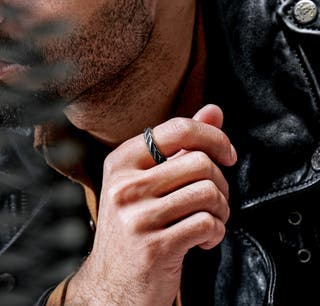The meaning of rings on each finger for men
On which fingers should men wear rings?
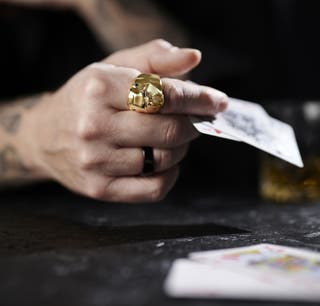
The internet is full of ‘ancient’ wisdom about where men should wear their rings and what type fits which finger on which hand. Some of it’s valid… much of it’s gobbledygook. Before we get into some of the more solid ideas floating around that may help you construct a finely-tuned message on your knuckles, let’s get one thing straight: it’s your style, your story, and no one can say you’re telling it wrong. Wear a signet ring on your pinky toe if you want. There’s no such thing as the “wrong way” to accessorise.*
*Some groups and organisations have rules about how to wear items carrying their brand.
Rings send a message. They indicate whether or not you’re off the market, that you graduated from a specific university, allegiance to a club, or even your sexual preference (or lack thereof). Whether or not people get the message is beside the point. You do you.
On which hand should men wear rings?
Some cultures split hands into masculine and feminine. No surprise, your right hand is the masculine one, the one you do things with – leaving the left as the passive one, reserved for dainty things. There is a grain of wisdom in that, even though it arbitrarily genders your hands and completely brushes over left-handedness.
Even ambidextrous men have a dominant hand. Ambidexterity is a learned skill, and pure mixed-handedness is extremely rare. The vast majority of us have a dominant hand and as we talk, we move it about, make gestures, and point at things. Our dominant hand draws attention. That’s why it’s perfect for pure expression. This is great because our non-dominant hand is where most of us keep our watch, so decorating our dominant hand balances things out.
A good rule of thumb is to consider your non-dominant hand as long term storage and your dominant hand as short term. You want your wedding ring to last forever, so you’ll want to keep it on the ring finger of your non-dominant hand. Anything you put on your right hand will get damaged as you go about your day being manly. Received a family signet as an heirloom? Put it on the non-dominant index finger or pinky.
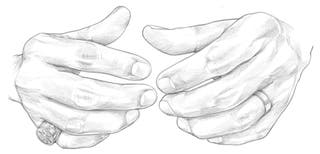
Non-dominant hand
Identity
Permanent
Who you are
Dominant hand
Expression
Temporary
How you feel
What do the fingers mean?
The short version
- Pinky – expression – signifies intellect and communication skills.
- Ring finger – relationship status – this is where your wedding band goes.
- Middle finger – individuality – communicates order and purpose.
- Index finger – allegiance – leadership and ambition – mainly used for membership rings.
- Thumb – strength of character – shows willpower and freedom of thought.
What rings mean on your fingers
The long version
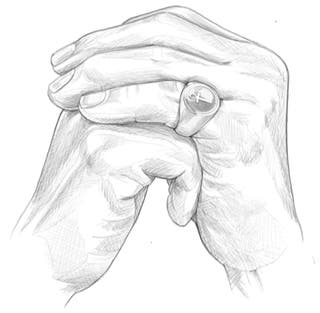
The Pinky (little finger)
Some practitioners of Indian philosophy correlate the pinky with jala, the element of water. Western tradition tends to associate the little finger with Mercury, the Roman god of commerce, financial gain, communication, and eloquence. Rings on the pinky are thought to signify intellect and cunning. High-power businesspeople, politicians, and other smooth-talking men of influence are often seen wearing pinky rings.
Pinky rings grab a lot of attention. Their position exposes more of the ring’s surface than if it were on the middle finger, and if you only wear one ring, it’s far enough away from your frame to be its own thing. Simple court designs go well on the pinky, but nothing carries greater ‘oomph’ than a signet ring. Since the pinky is the least used part of your hand, complex designs and surfaces won’t bother you that much as you go about your day.
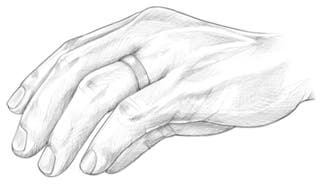
Ring finger
The ring finger is associated with prthvi, the earth element in Indian philosophy, while the west links it to Apollo, the god of music, truth, healing, and poetry, among other subjects. It’s best known as the finger you put your engagement or wedding ring on once you’ve decided to settle down. This is why it’s commonly now associated with devotion of every kind.
Married couples put their wedding rings on it; many engaged men put an engagement ring there; some people in serious relationships don promise rings until they’re ready to take the plunge; and certain religious devotees wear purity rings.
What type of ring you choose to wear on your ring finger depends on your status.
If you’re trying to communicate that you’re off the market, a simple court ring sends the clearest message. We’re not used to seeing large signets or complex ornate rings to signify relationship status, so the message could be muddied by a deviation from expectation. But maybe that’s exactly what you’re going for… the “it’s complicated” relationship status of rings.
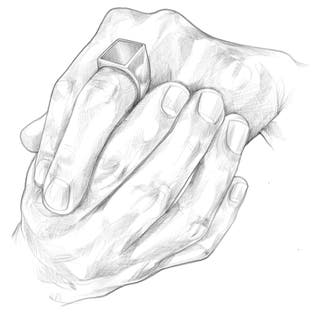
Middle finger (long finger)
There’s no cultural tradition for wearing rings on the middle finger, which makes it perfect for pure expression. There’s no pre-conceived baggage surrounding it that you have to take into account when brandishing a middle finger ring. Indian philosophy associates the middle finger with ākāśa, the space or aether element, while in the west, it’s Saturn who gets the honour.
Most men who wear wedding or engagement rings choose not to wear a ring on the middle finger of the same hand as this may damage both rings as they rub up against one another. Also, keep in mind that since your index finger is the most active part of your hand, a big, bulky ring right next to it may chafe after a while.
Note that a black ring on the middle finger of the right hand is known as an “Ace ring,” used by members of the asexual community as a form of identification.
Its lack of traditional meaning hasn’t stopped people from assigning meaning to it in recent years. Because of its placement, many consider it to mean balance, order, and purpose, while others give meaning to its size and prominence, associating the middle finger with individuality, purpose, personal identity, and self-analysis.

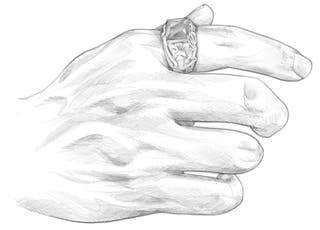
Index finger
Traditionally reserved for signet rings carrying family crests. In some European monarchies, it was illegal for the peasantry to have rings of any kind on their index fingers, lest they be mistaken for men of influence. A ring on the index finger communicates leadership, authority, ambition, self-esteem, and confidence.
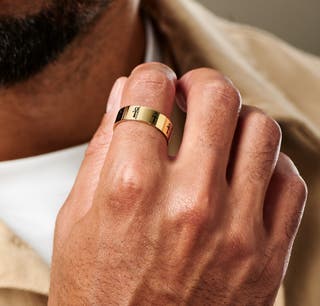
Associated with vāyu, the element of air in Indian philosophy and with Jupiter, the Roman god of the sky and thunder – king of gods – in the west. Wearing a ring on your index finger signifies allegiance. Class rings, fraternity rings, club rings, and other signets indicating membership of an organisation or group are most often worn on the index finger.
A ring placed on the index finger has a lot of space to shine. That space between your index finger and thumb is the most active part of your hand and its openness allows almost the whole circumference of the ring to be visible. The perfect place to experiment with complex designs and large rings, so go nuts.
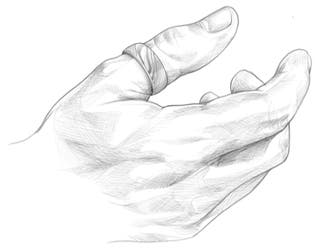
Thumb
While technically not a finger, let’s treat it as one for the sake of style. Indian philosophy associates it with tejas, the fire element. In the west, it’s linked to Mars, the Roman god of war. Wearing a ring on your thumb signifies willpower, strength of character, freedom of thought, and self-assertion. Apt associations to make since thumb rings are possibly the least common and therefore pack a big style punch.
In some cultures, men wear rings on their thumbs as a sign of wealth and influence. The more bling, the greater the man’s wealth. The thickness of your thumb and its solitary placement makes big, bulky court rings with elaborate designs feel right at home. They won’t crowd everything around them. Careful with signets, though, ‘cause they tend to stick out on your already-sticking-out thumb.
General Rules about wearing men’s rings
Rules are for breaking, but it helps to know them so you can break them deliberately. You don’t want to be the guy with your hands up saying: “sorry officer, I just didn’t know.”
Fit your Frame
If you’re a tall man of a thin build, thick, bulky rings will look weird on you. They’ll overpower your look and clutter it. If you’re a short, stocky man, delicate rings will get lost on you. Rings are not the type of accessory where you go for the opposite of your frame.
Balance is Brilliance
Try not to load all of your rings onto one hand and leave the other one empty, Distributing accessories evenly between both hands creates a much more cohesive look.
Match your Metals
As with any type of accessory, matching colours matters. Silver-tone watch, a steel bracelet, and steel rings look way better than silver-tone watch, red bracelet, and rings in every colour of the rainbow plus brown and periwinkle.
If you want to mix it up, pair cold colours with cold metals. Silver and blue look great together, and so do gold and red. You can go further into complex colour coordination and mixing when you’ve got the basics in place, but having one silver ring in a sea of gold will certainly look like an oversight. If you want to wear both gold and silver, try to keep them in balance. This way, it’ll look deliberate, and you’ll get a nice spread of cold and warm tones.
Knowing these best practices – these ‘rules’ – allows you to bend or even break them if you choose. There’s a big difference between accidentally breaking them and deliberately defying them. The difference lies in the story you tell when asked about it. ‘Cause accessories are some of the best conversation starters around. Tell your story your way.
For even more info and help with your choice of rings, read our ultimate guide to men's rings here.
You asked – we answered
Any. Some rings, like wedding bands or Ace rings carry specific meaning when worn on specific fingers, but for pure expression, feel free to go nuts.
The pinky's location makes any ring you wear on it very noticeable. In some cultures, it's about wealth and status. In others, a pinky ring signifies intellect and communication skills. What will it mean on your pinky?
A ring can symbolise anything from club membership to lifelong commitment to religious affiliation, depending on the symbolism of the specific ring. The better question is... what does it mean to you?
Your love is more precious than platinum or gold. Black engagement and wedding rings are relatively modern. Black can signify strength and power. It's also a colour that goes with anything, so if you like switching looks, black won't clash with anything you wear.

